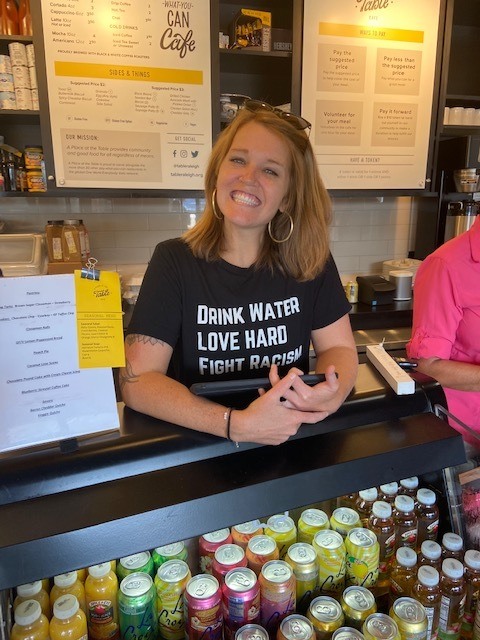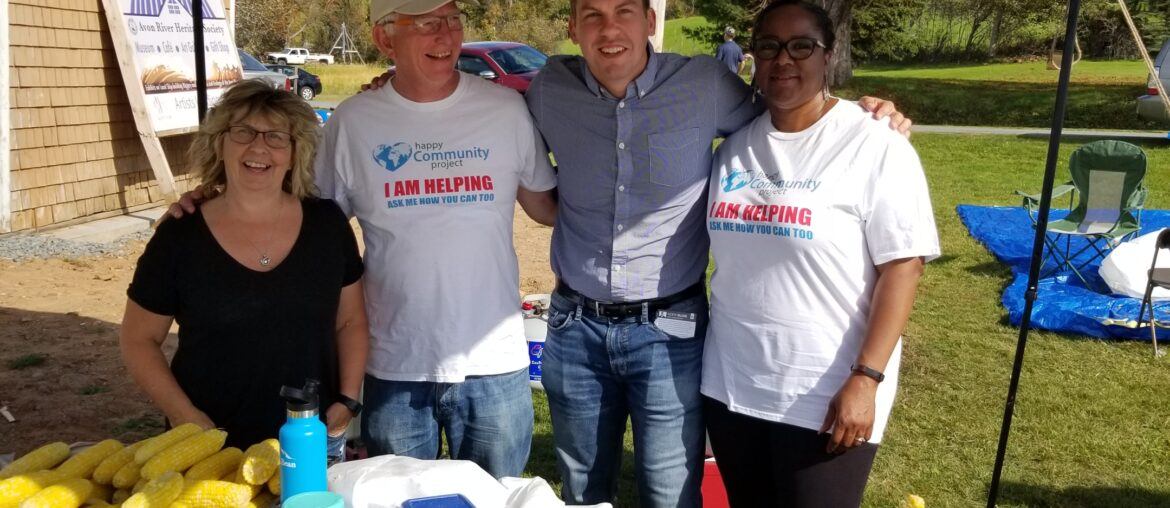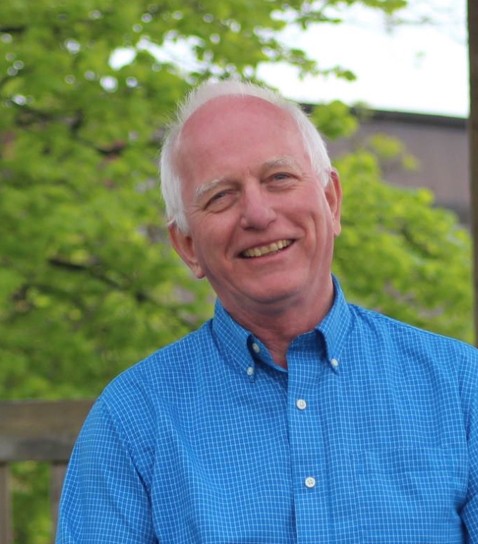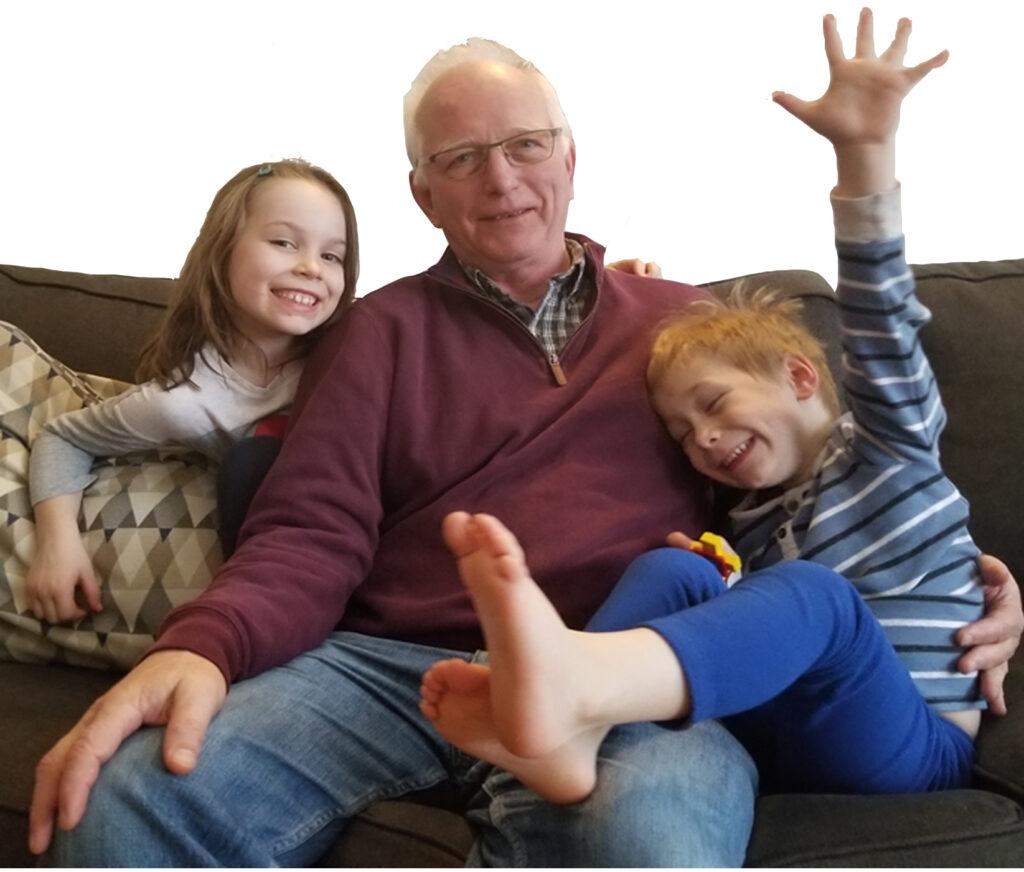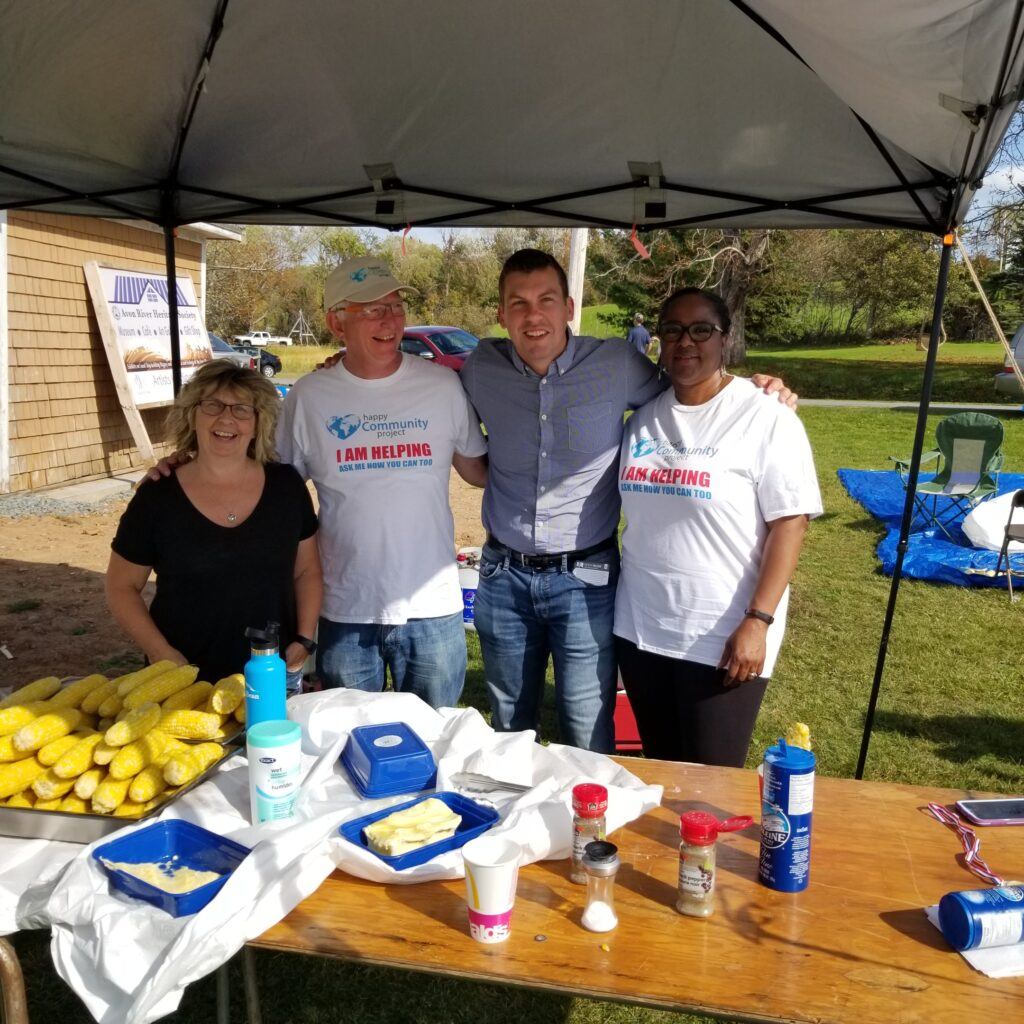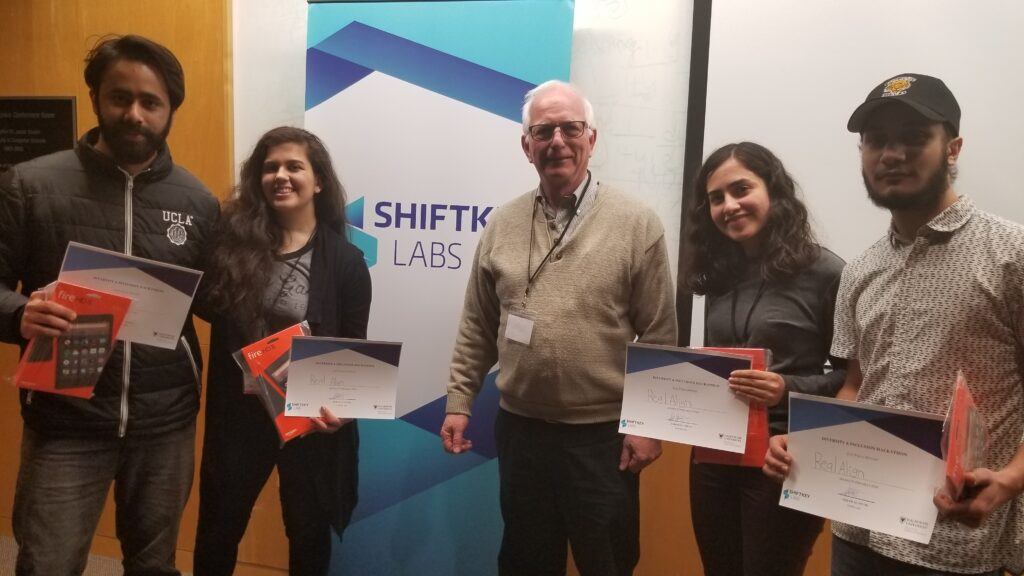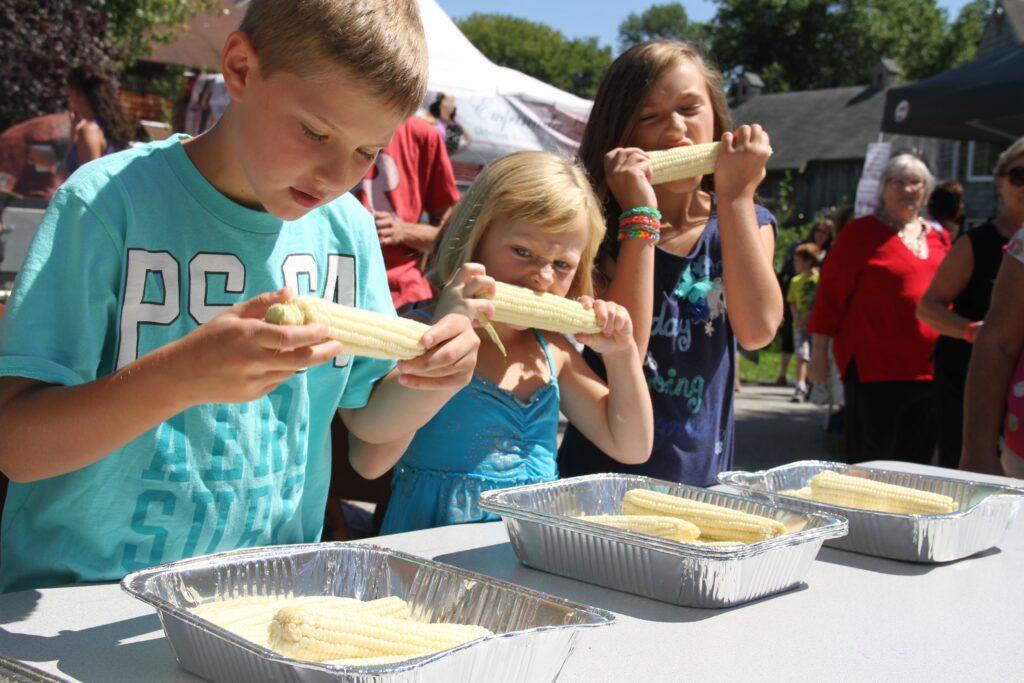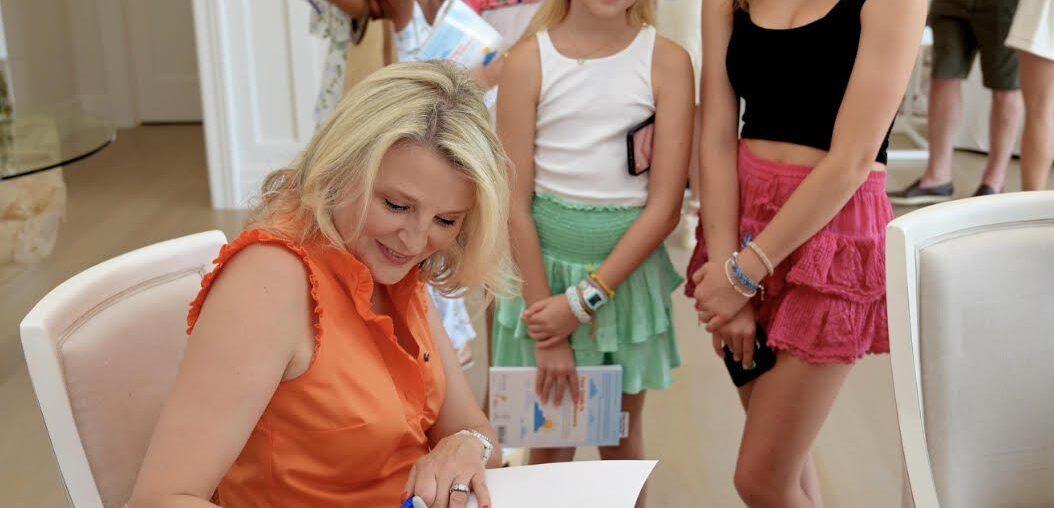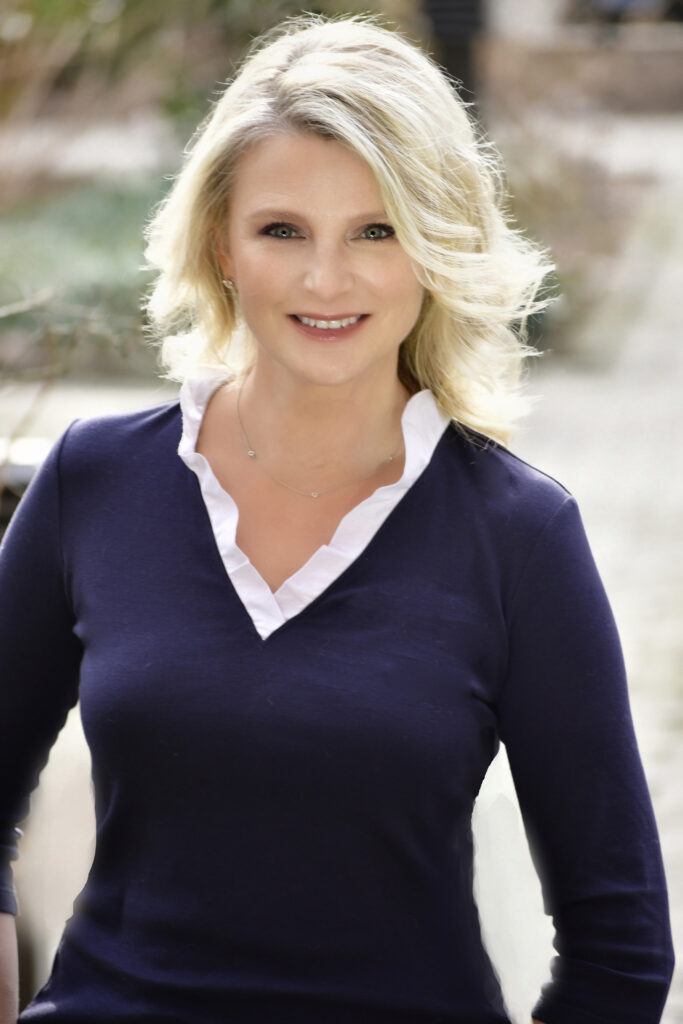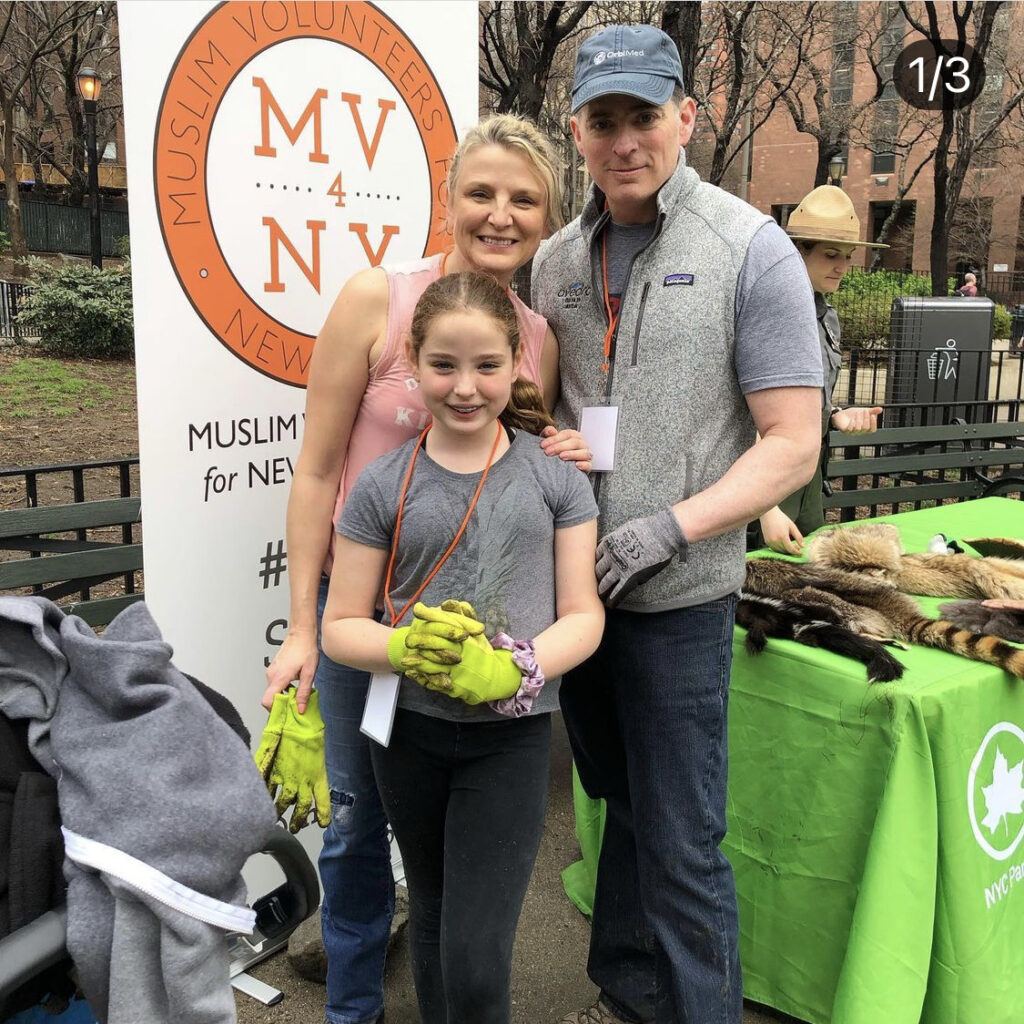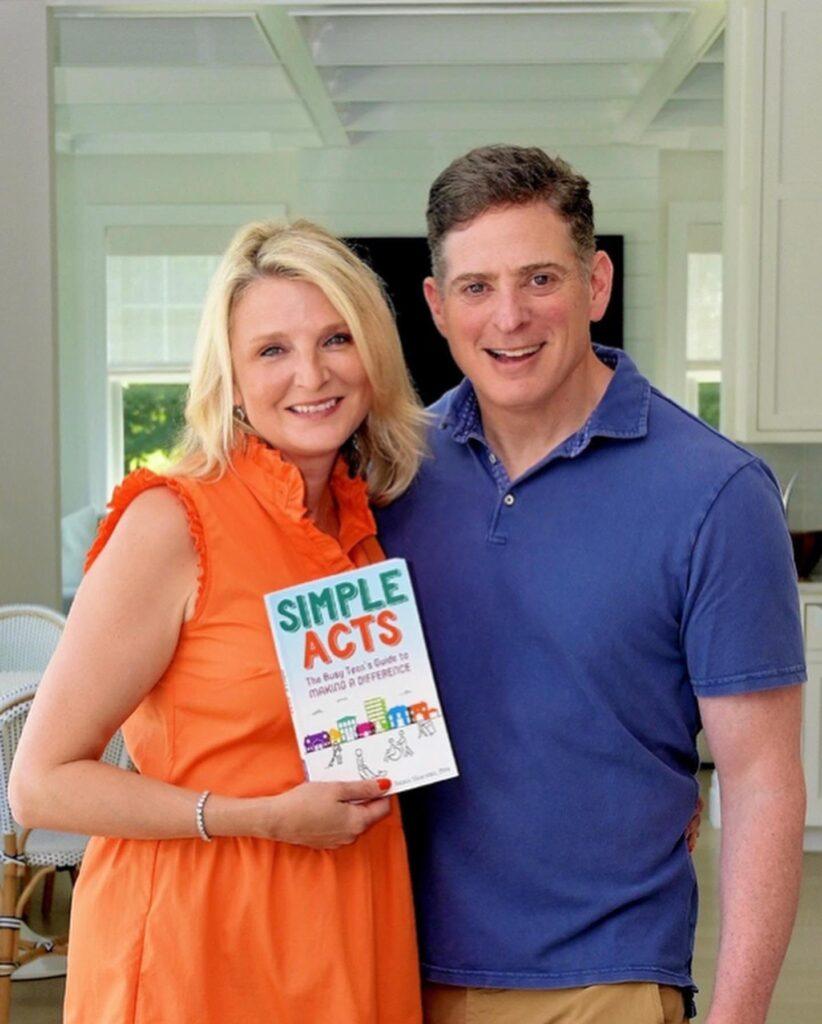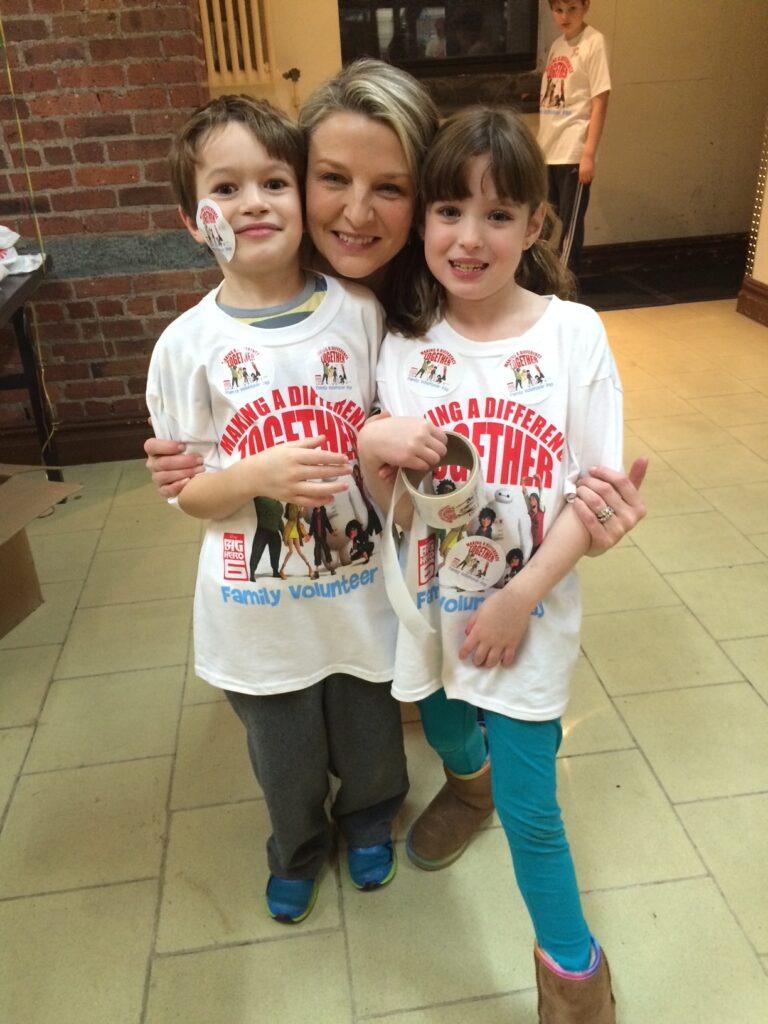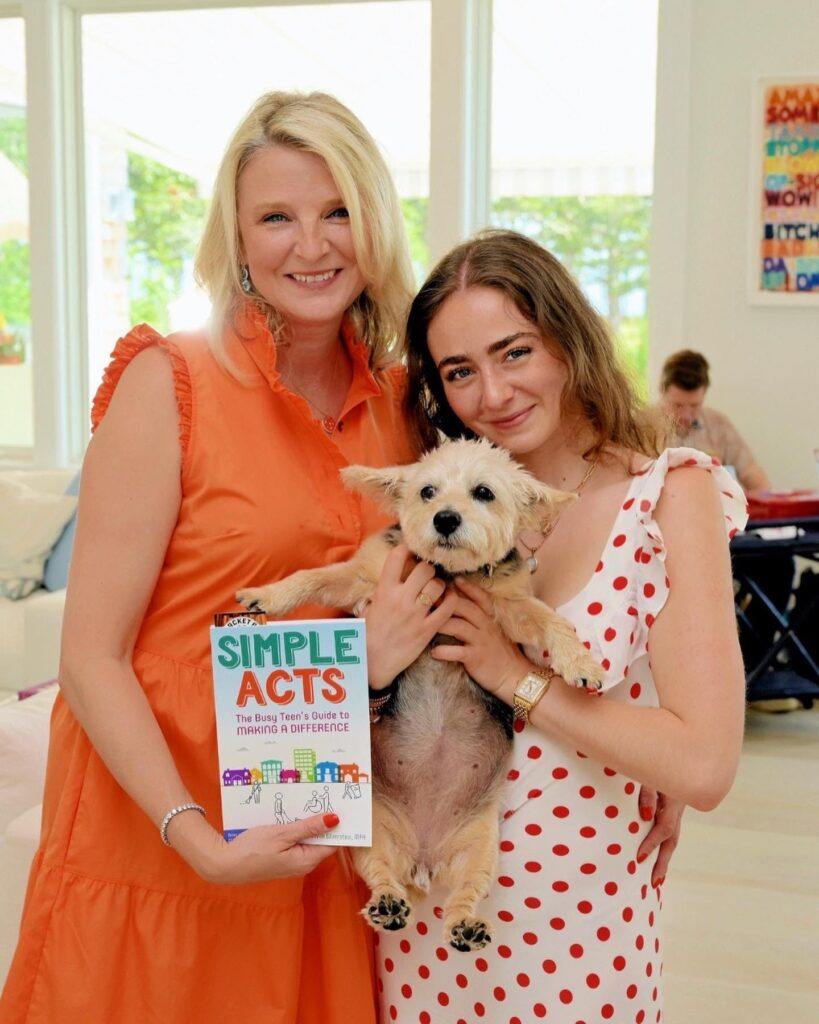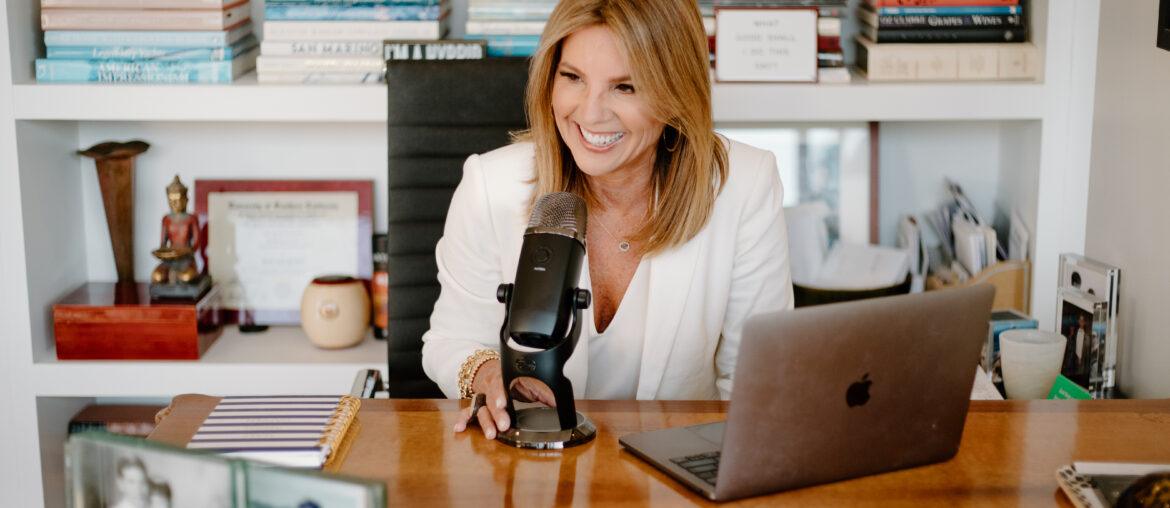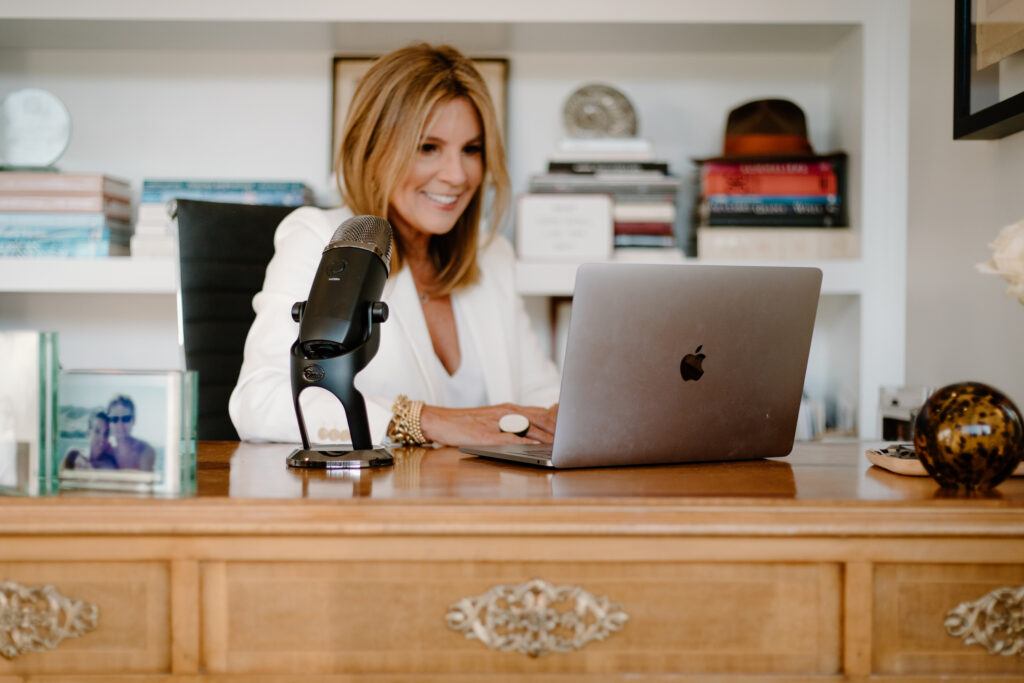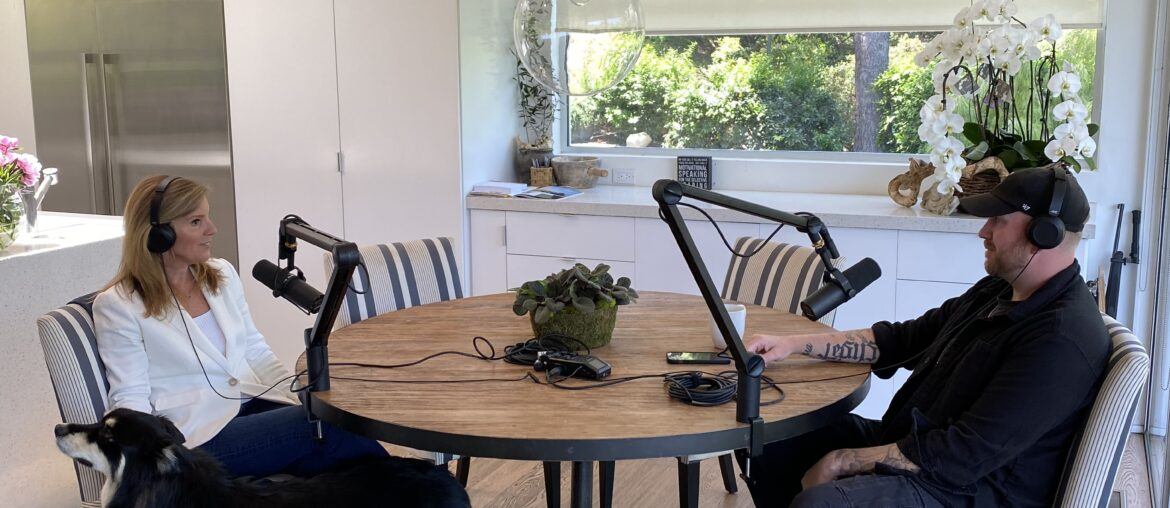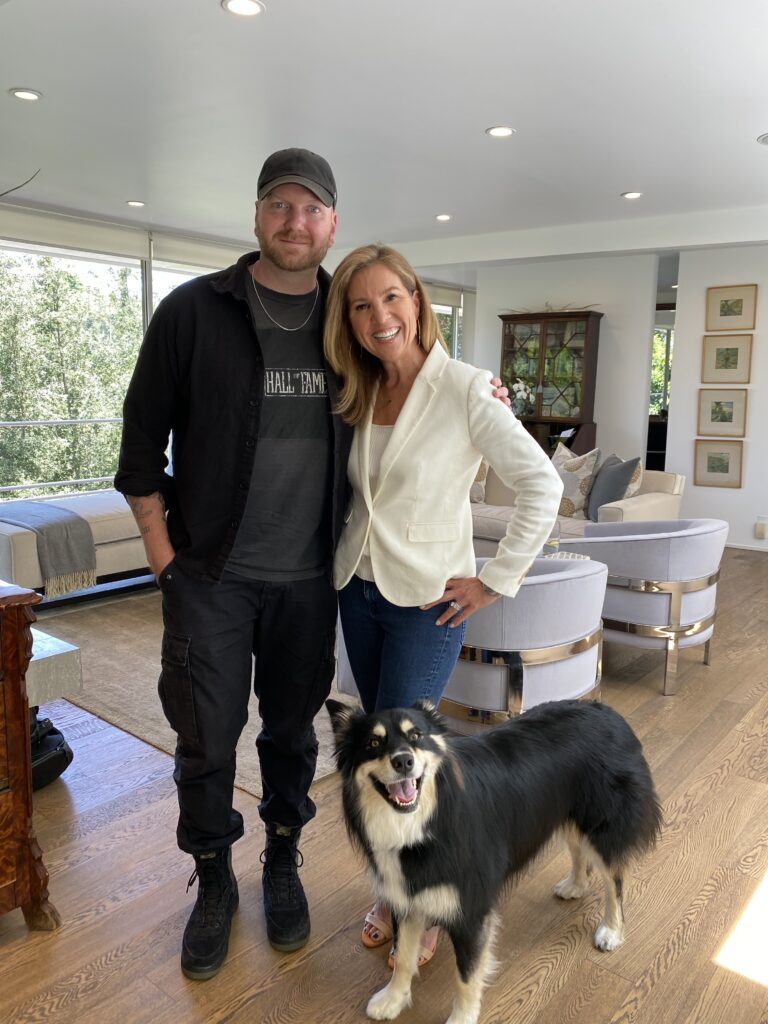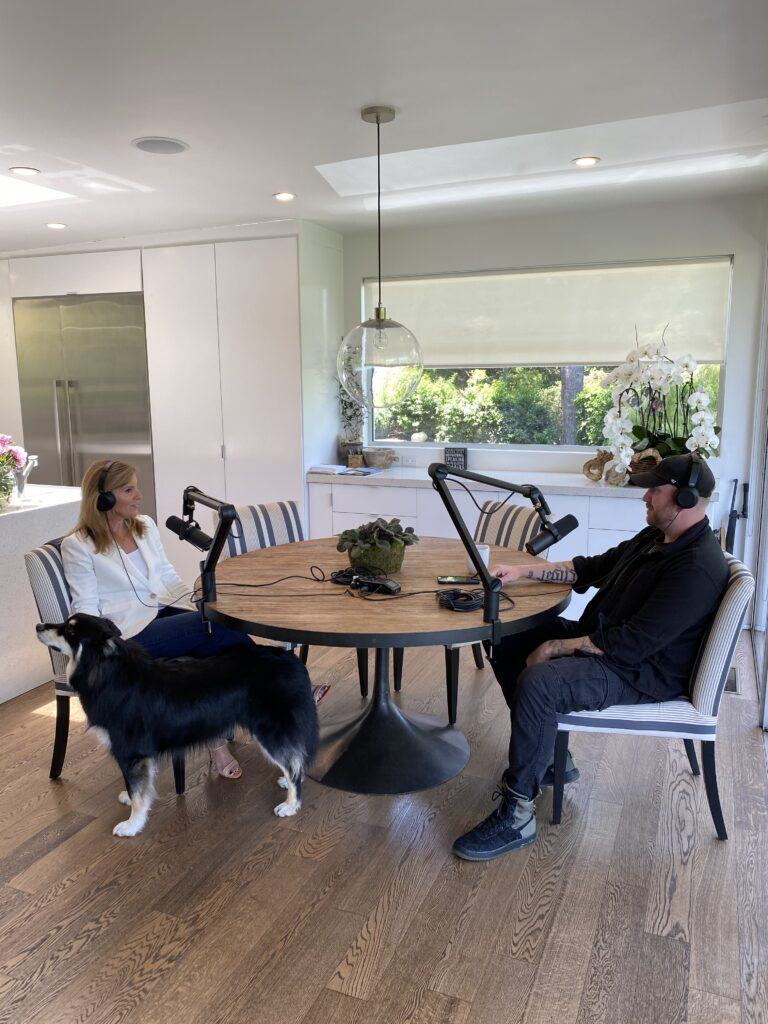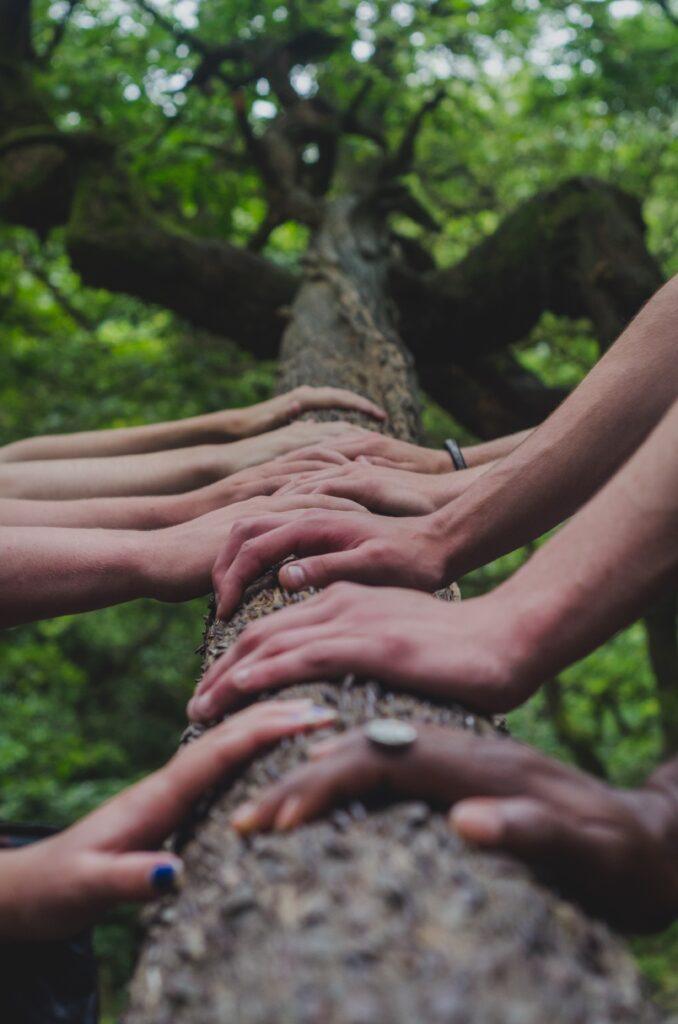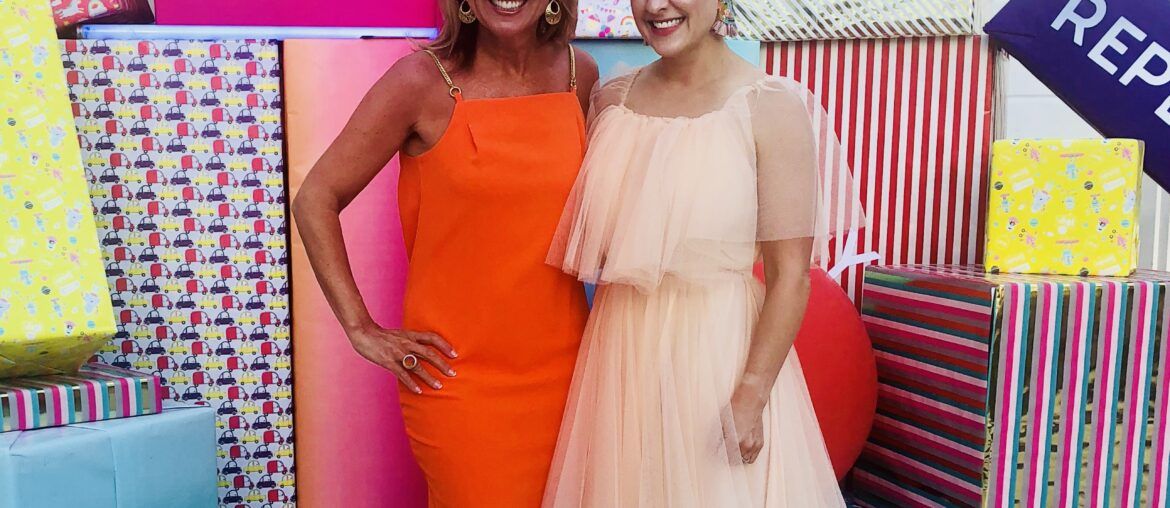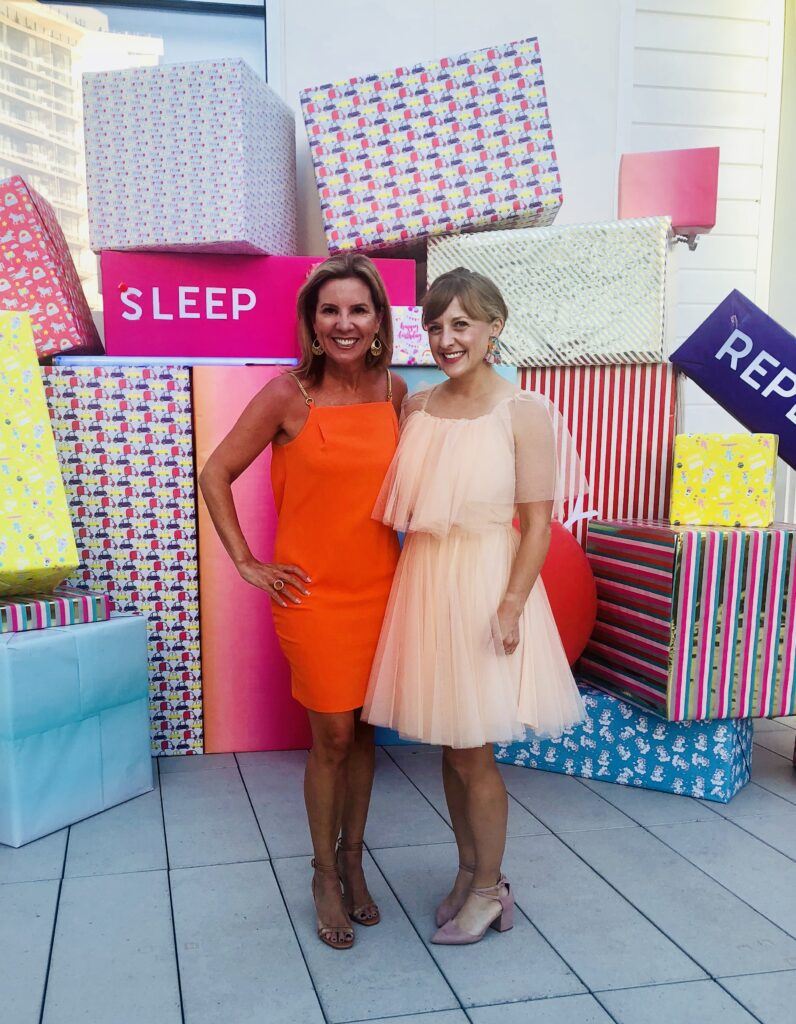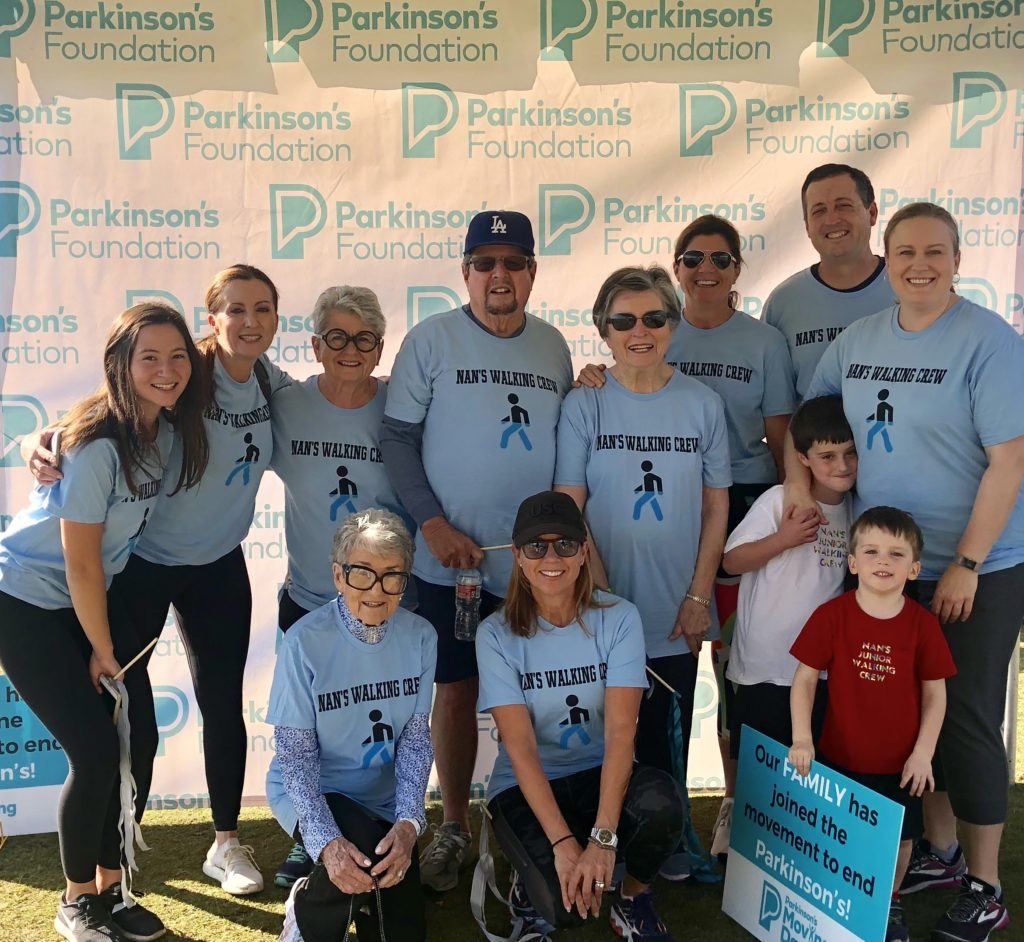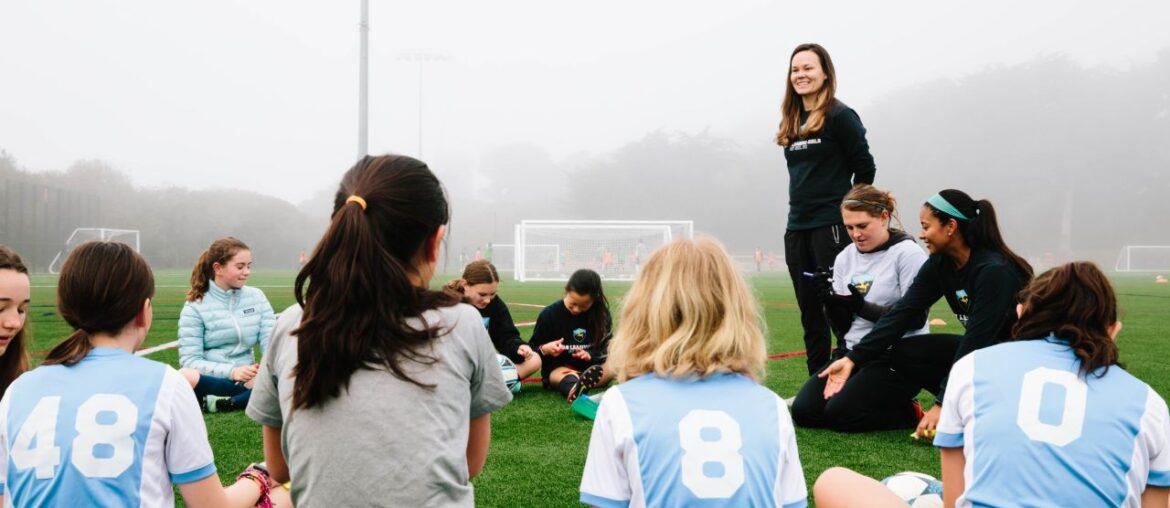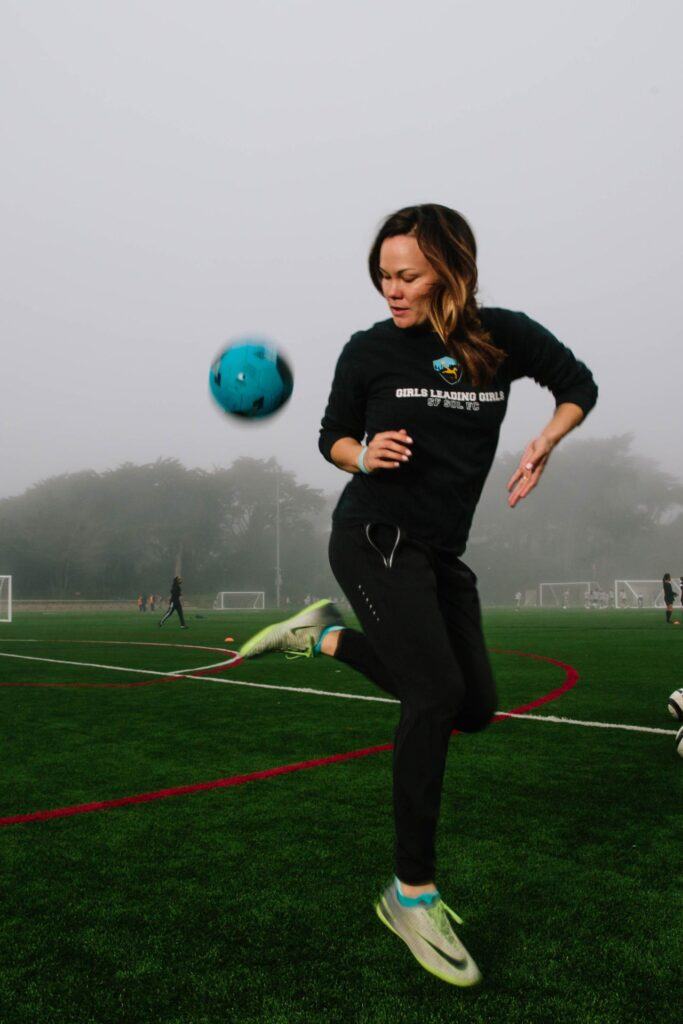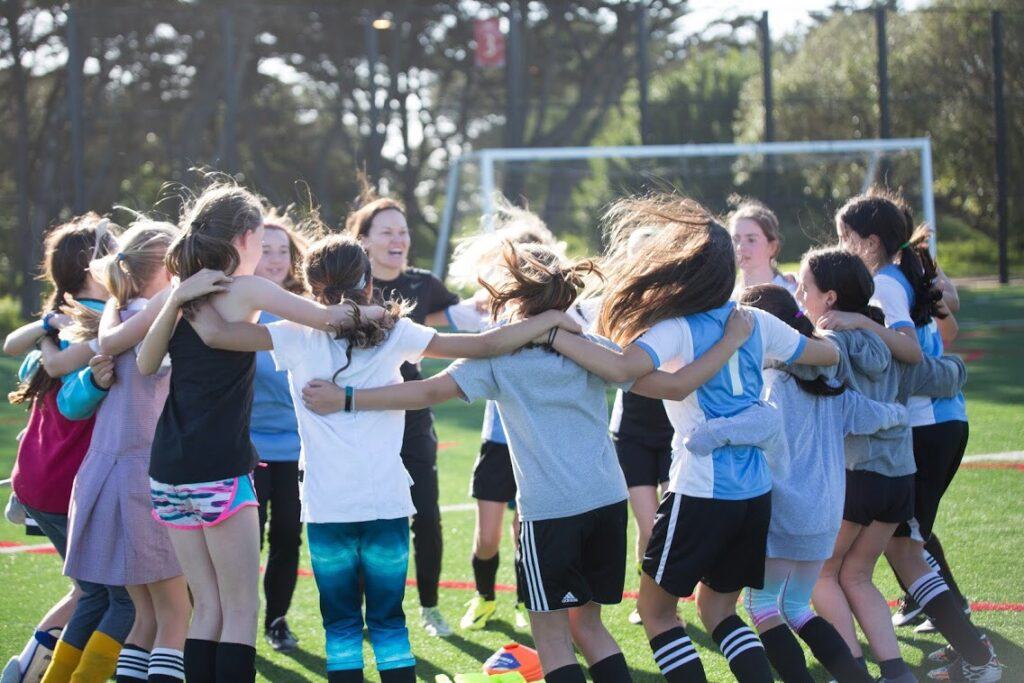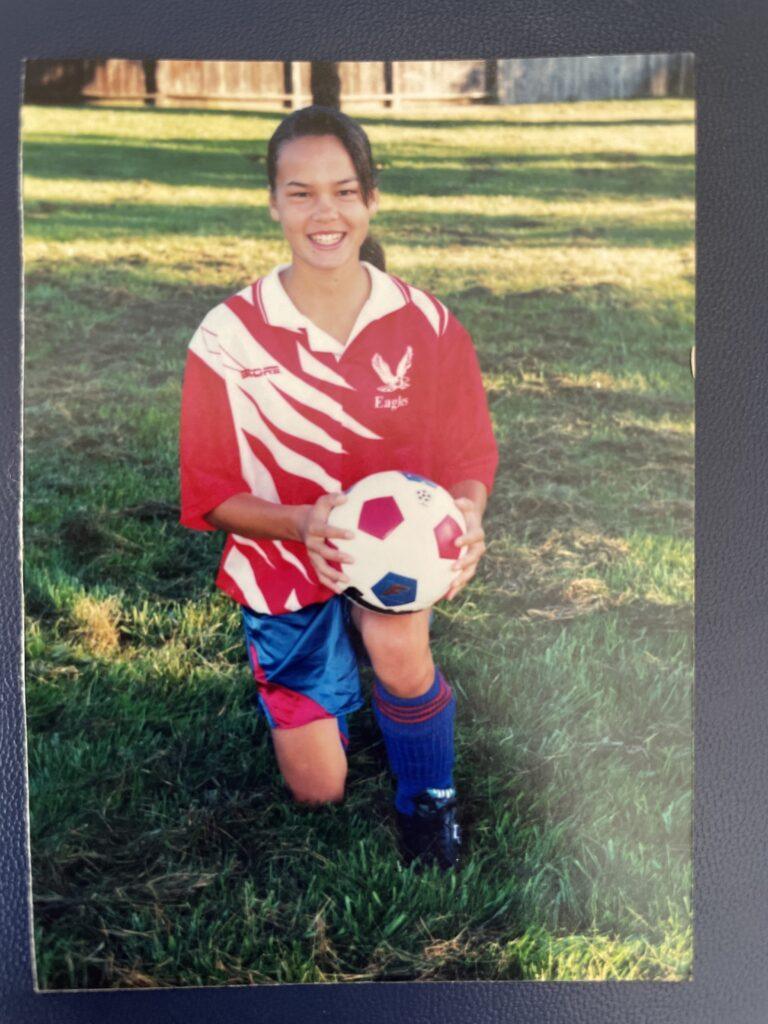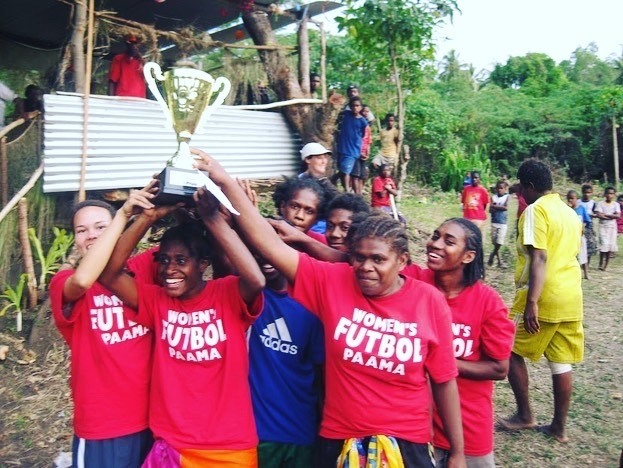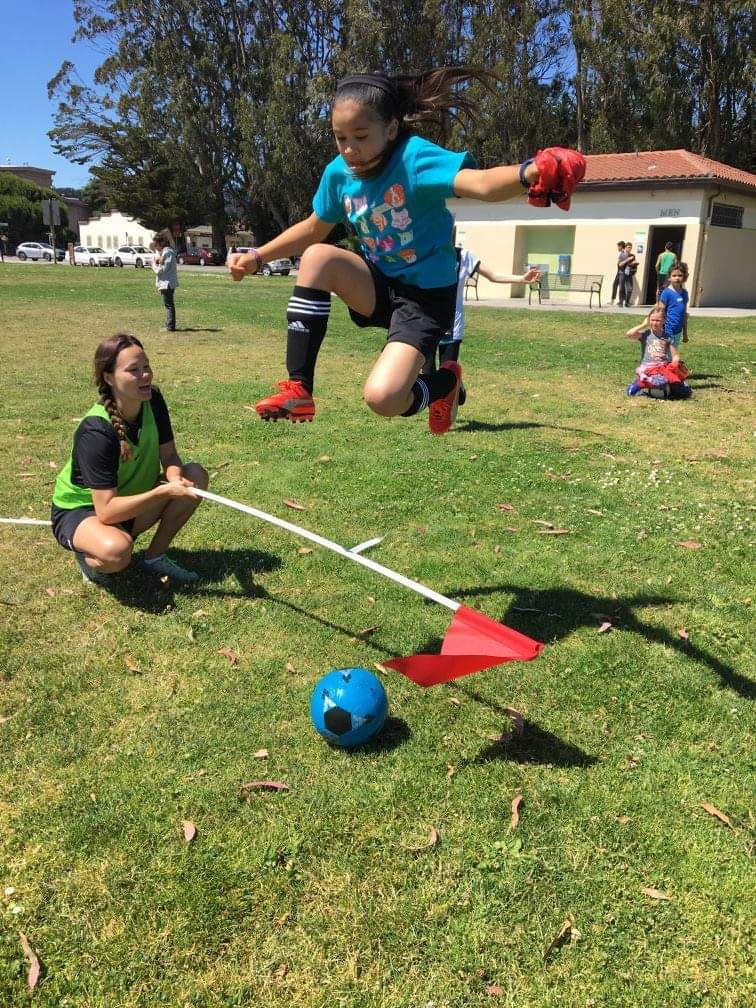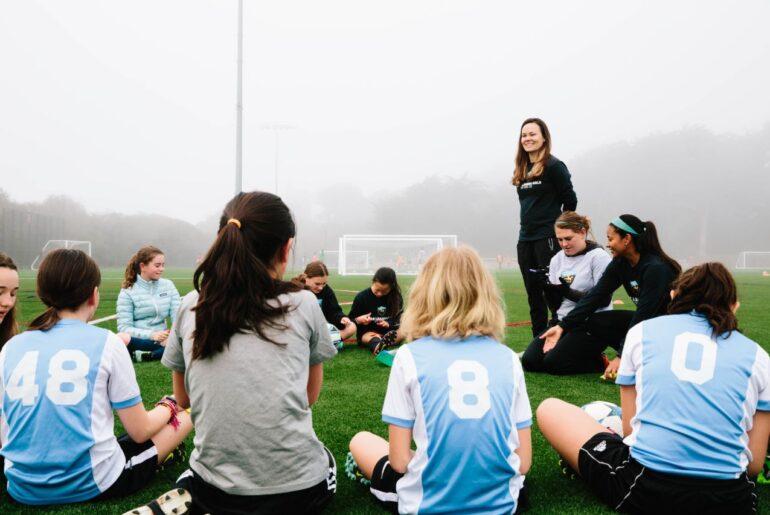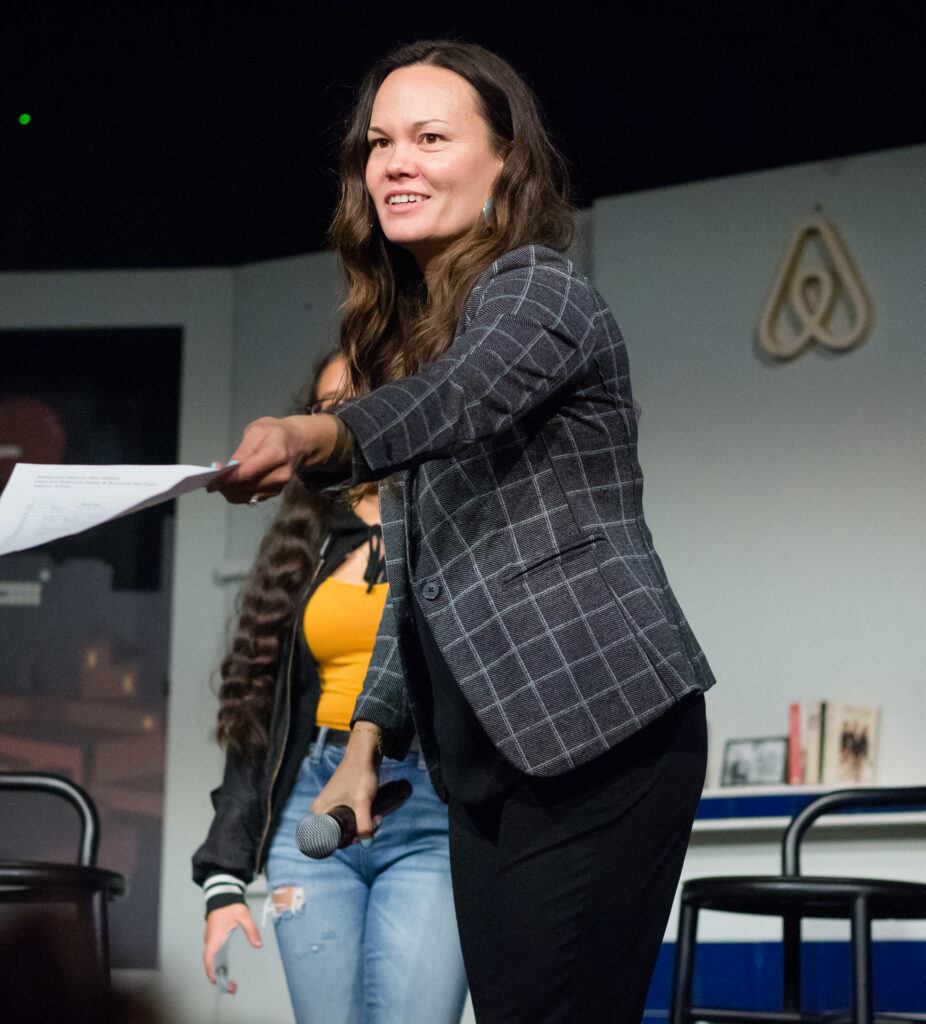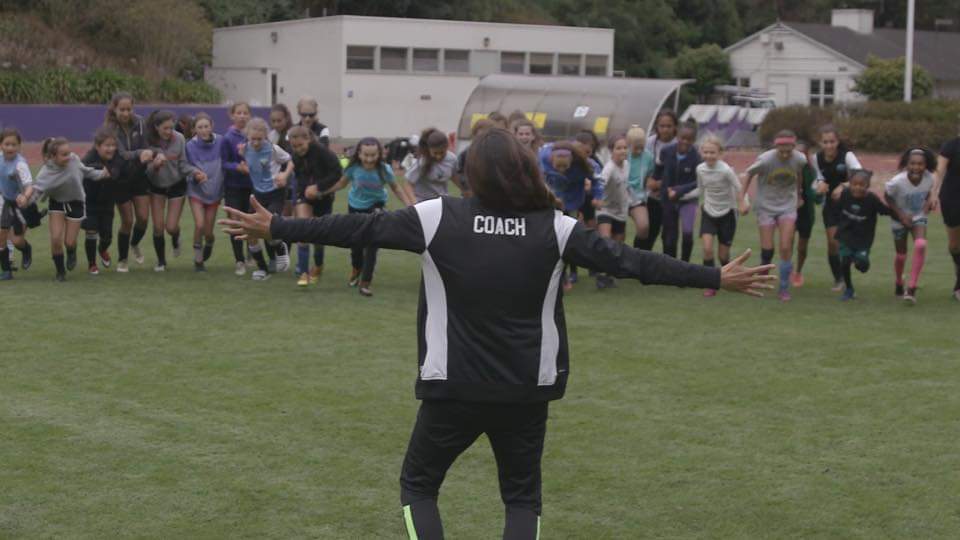As parents we all want our children to be kind, empathetic and good humans. If you are reading this you are definitely someone with those goals. Recently, when a mutual friend introduced me to today’s guest, Tanuka Gordon I was intrigued by the name of her nonprofit, Mindful Littles. The conversation with Tanuka was even more intriguing.
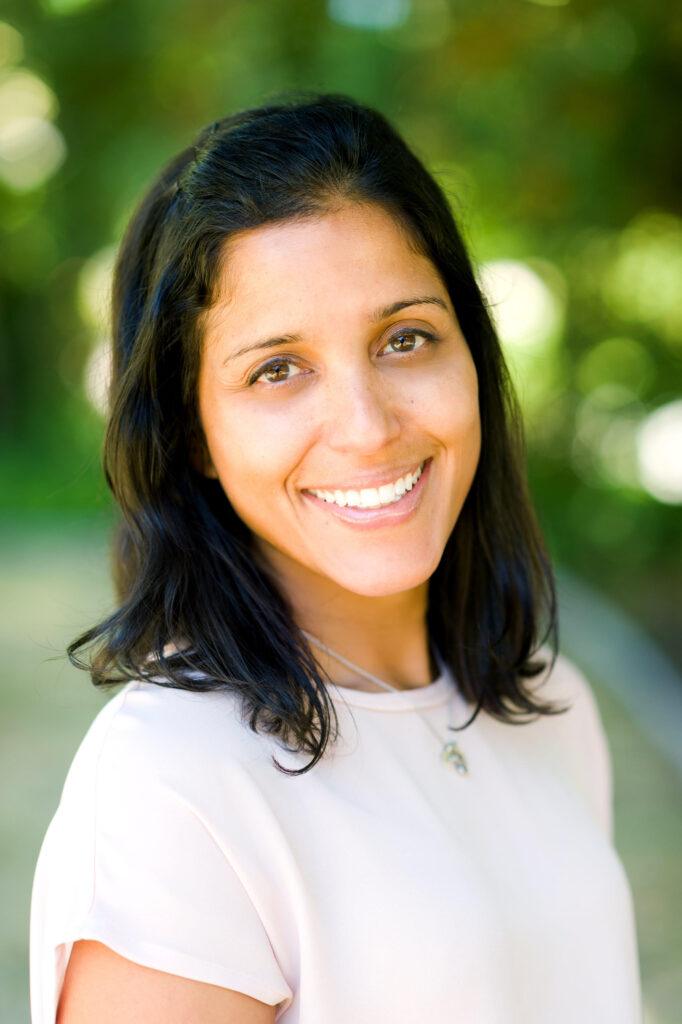
Join us today for an inspirational journey of healing, service and making compassion a daily habit. One mindful habit can change your thoughts, your day, your life and the world.
Here are a few highlights from our conversation:
Charity Matters: Tell us a little about what Mindful Littles does?
Tanuka Gordon: . What we are focused on is making compassion, a habit. Our method of doing that is to focus in on service. That is not just service as you would think of from like a traditional community service standpoint, but to really think of this idea of mindful service experiences.
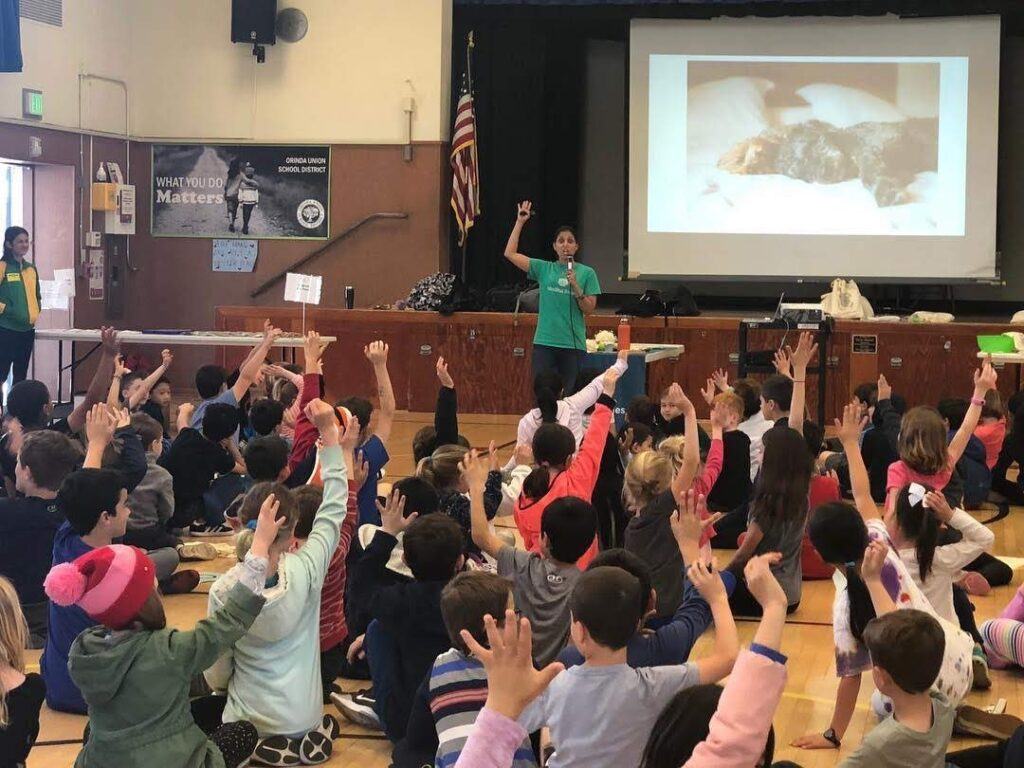
What I discovered very early on, was that we when we get to doing community service, oftentimes we’re doing good very quickly. There’s a huge opportunity to not just feel good in our bodies but by practicing things like mindfulness to really connect to the why behind our service work. And so we have a very high impact experiential framework that we use to bring these mindful service experiences to schools, to companies and community organizations. We make service possible, accessible in ways that allow service to become a way of life. Hopefully something that sparks continued curiosity to give and to learn about the communities that we are helping through our programs.
Charity Matters: What was the moment you knew you needed to act and start Mindful Littles?
Tanuka Gordon: I’ve always wanted to volunteer. But really, it wasn’t until six years ago, with the start of this organization, that it became a full time gig and my purpose and in many ways. I was an applied mathematics major out of UCLA and wasn’t sure what I should do with applied mathematics. So I actually went into consulting at Andersen and then fell into a tech career doing product management for many years. During that career path, what I did was really focus on customer experience. So to really think about how we design products and services, to create the most incredible customer experiences.
I loved the work. But I felt this itch literally this itch in my heart that I’m supposed to be doing something different. When I became a parent, it was then that I began to question how I was spending my time. If I was spending time, in a career where I felt like there was a gap and fulfillment I was, was like, well, I should really do a little bit more searching for myself?
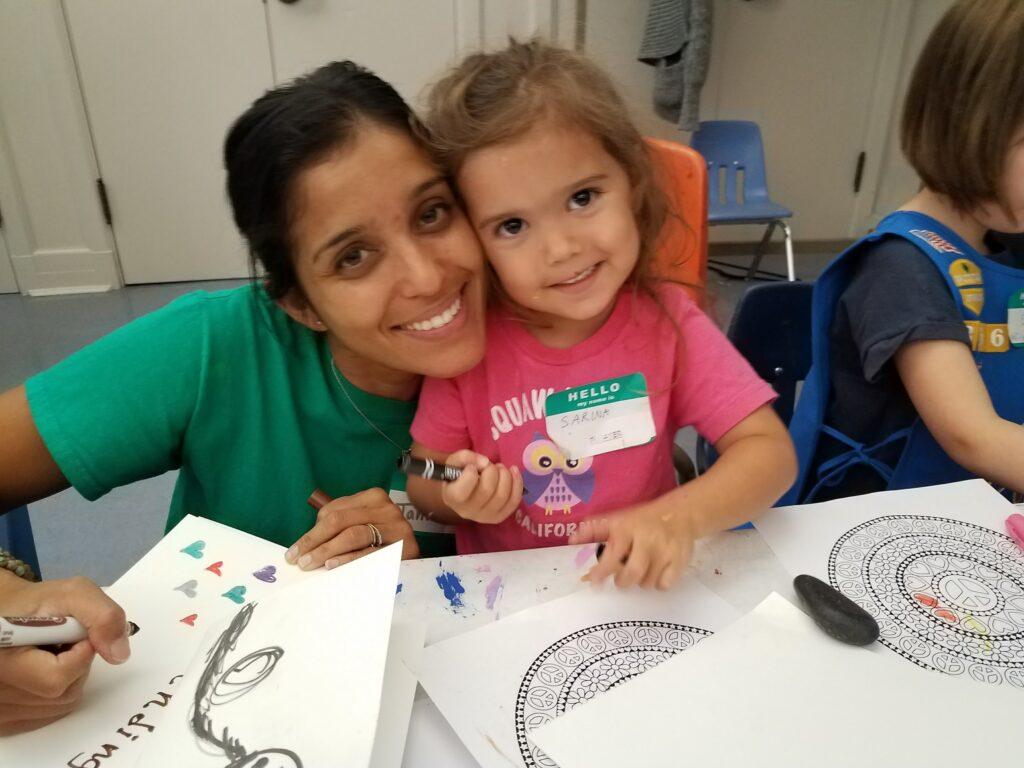
About six years ago, my oldest was about five, I was looking for ways to engage her in volunteerism. I made a commitment to myself that volunteerism wasn’t just going to be another to do. Rather, I wanted it to be a way of life. So I made a monthly commitment to go pack rice and beans at a local crisis center with my daughter. We would leave that experience and would feel disconnected from who we were helping. I felt a little bit even board and volunteering doesn’t need to be exciting all the time. But having spent a career in customer experience, I realized we’re missing this massive opportunity to actually solve for family engagement. And that really started it all.
Charity Matters: What are your biggest challenges?
Tanuka Gordon: In the early days, I suppose the biggest challenge was even knowing and trusting that this was going to become a business. Just knowing how to keep up with the great demand without understanding the business model. I would say that that’s probably one of the biggest challenges that we that we encountered is just there were there was a big appetite for this work. And I was really starting to understand with each new step that this thing had legs and that this thing could grow. Fully coming into acceptance of what that meant, not only for our organization, but for me as a leader.
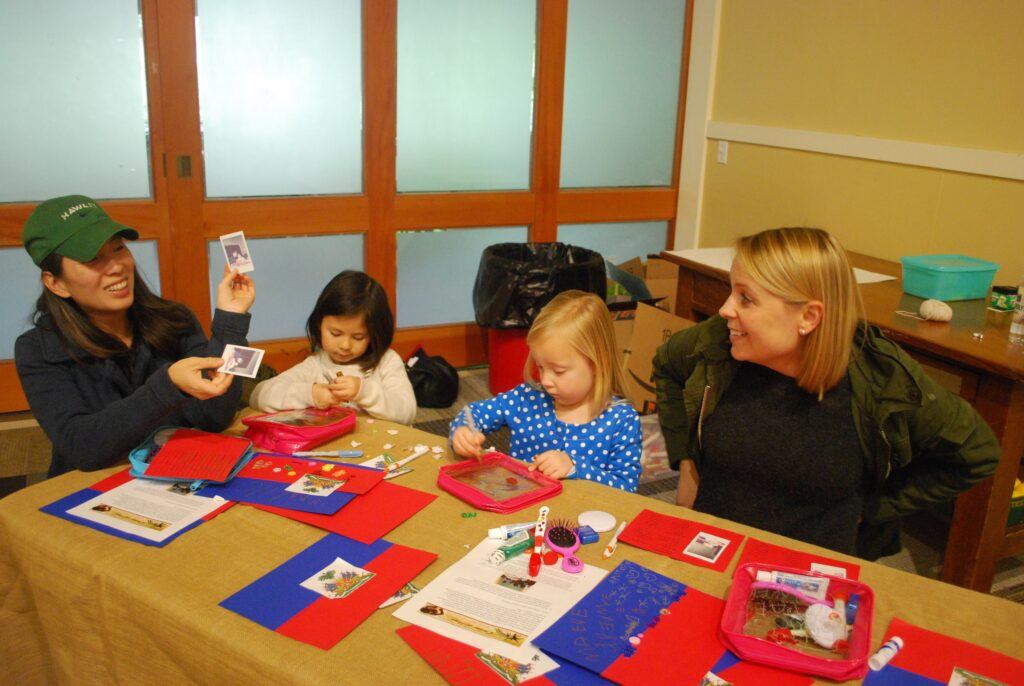
Charity Matters: What fuels you to keep doing this work?
Tanuka Gordon: It’s two things. Each each of these two things are kind of layered, I suppose. It’s the internal impact and the external impact. By internal impact, what I mean is, with the start of this nonprofit, I began a deep healing journey for myself. And over the last six years really had an opportunity to heal. A lot of the practices we teach in this program, mindfulness, self compassion, that are woven into the service experiences that are woven into our compassion training programs, are literally practices that helped me on my own healing journey. So I vehemently really believe in this work because I, myself have healed through feeling good and doing good.
The external impact comes in multiple layers. First and foremost, my children and my family. And it has been absolutely a messy process. People just assume because you have a mind, an organization, Mindful Littles, that everything is constantly peaceful at every moment. The reality is you’re growing a business, laundry, kids, pick up all this. But to find the ways of compassion within the space of chaos, that is the art, right? That is what we’re after.
When I see my older daughter, wanting to write gratitude cards for parents of her friends, who are organizing birthday parties, because she wants to thank parents for doing that. Or I see my younger daughter in the way that she cares, I can see this right. The impact we’re having on community, it is one miracle after another.
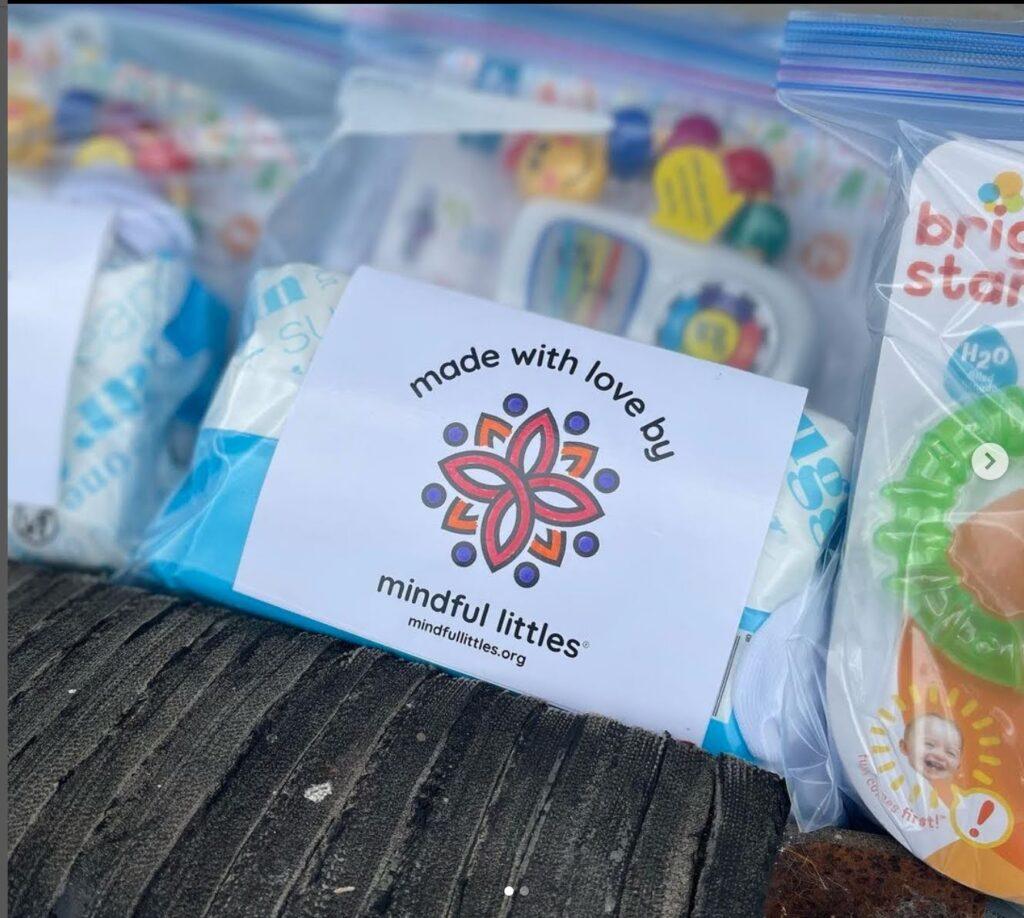
Charity Matters: Tell us what success you have had and what your impact has been?
Tanuka Gordon: For us, engagement is really important. Specifically, focusing in on connectedness. The CDC has specifically said that connectedness is the number one protective factor for mental well being and youth mental well being. So if we can harness the power of mindful service experiences, to increase engagement, and increase connectedness, through these experiences, then we can have a real impact. Amplifying that impact is the research evidence on the benefits you can gain from engaging in service.
The social impact we have had in schools that we’ve delivered programs to is another impact. In Butte County schools we have assembled 52,000 meals. We’ve gifted 10,000 pounds of produce through kids Farmers Market experiences that we’ve brought. Assembled thousands of hygiene kits and backpacks. The power of putting the experience with the service that is getting to the doing good. You’re connecting it to the why, and getting to your felt experience. And when we do that, the impact is tremendous.
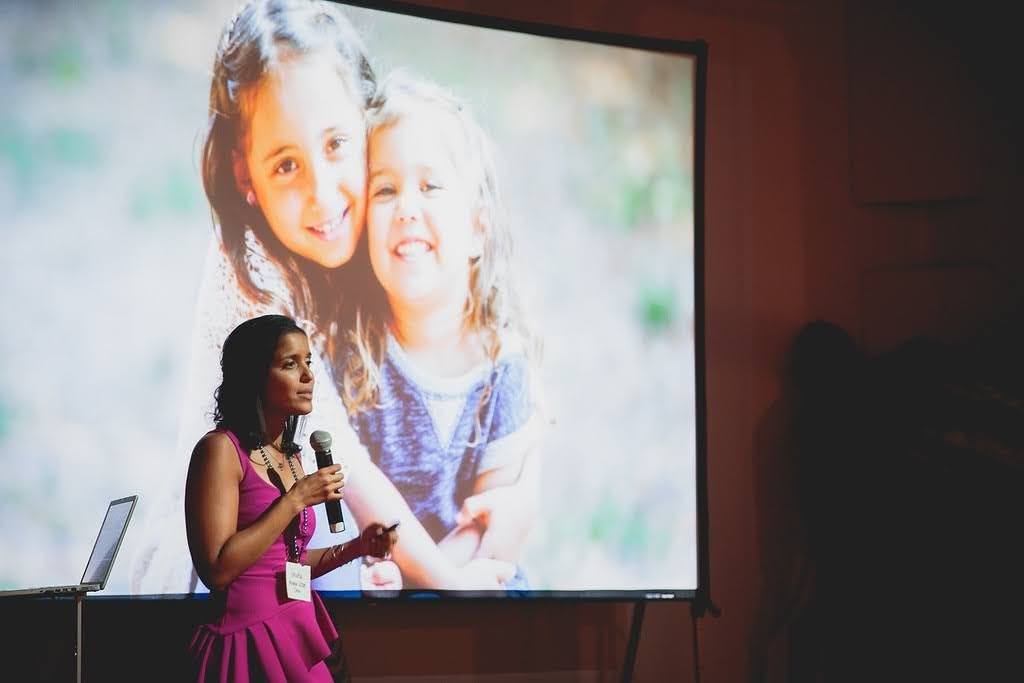
Charity Matters: If you could dream any dream for your organization, what would that be?
Tanuka Gordon: I believe that in 10 years, we will be able to be in every public school district in the country. If it is in the cards for us to even think global. It’s a massive, massive opportunity. It’s not just I believe that our strategy to scale, using both live facilitation as well as digital content is also will help us get there. So I’m very, very excited to hold this big vision. I absolutely believe that it’s possible.
Charity Matters: How has this journey changed you?
Tanuka Gordon: Absolutely. My own practice of mindfulness has helped me through the mud and the chaos. I know with faith that it’s going to be okay. Everything’s going to work out exactly as it’s meant to in a purposeful way.
CHARITY MATTERS.
New episodes are released every other week! If you enjoyed today’s episode, please connect with us:
- www.Charity-Matters.com
- On IG @Charitymatters
- Post a screenshot & key takeaway on your IG story and tag me @heidijohnsonoffical and @Charitymatters so we can repost you.
- Leave a positive review on Apple Podcasts
- Subscribe to new episodes each week!
YOUR REFERRAL IS THE GREATEST COMPLIMENT, IF YOU ARE SO MOVED OR INSPIRED, WE WOULD LOVE YOU TO SHARE AND INSPIRE ANOTHER.
Copyright © 2022 Charity Matters. This article may not be reproduced without explicit written permission; if you are not reading this in your newsreader, the site you are viewing is illegally infringing our copyright. We would be grateful if you contact us.

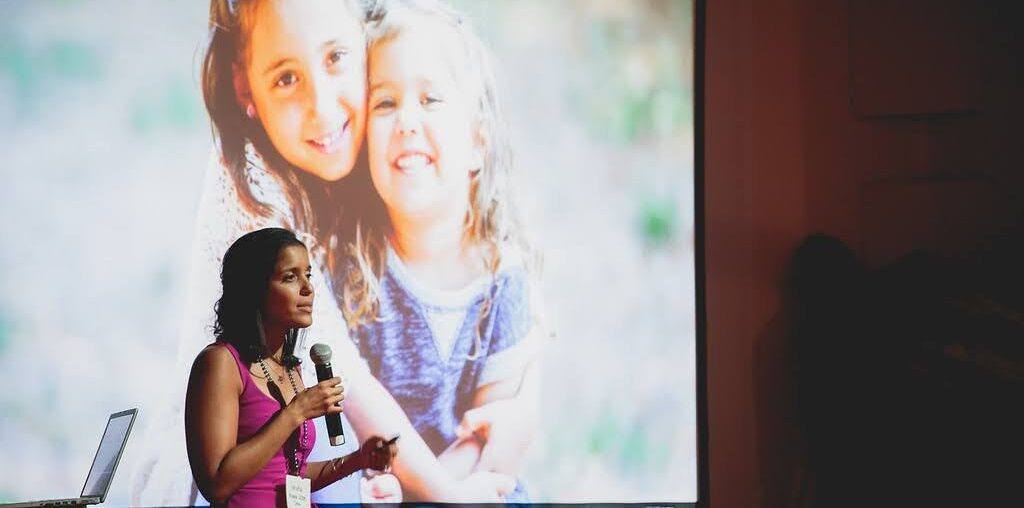

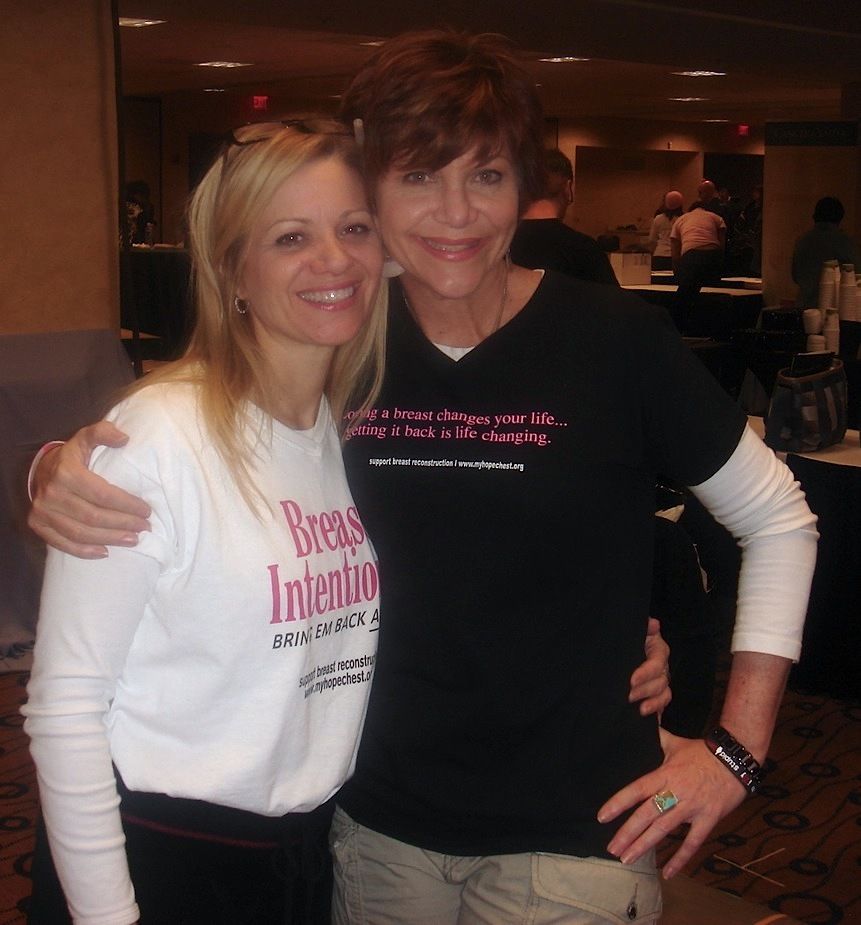
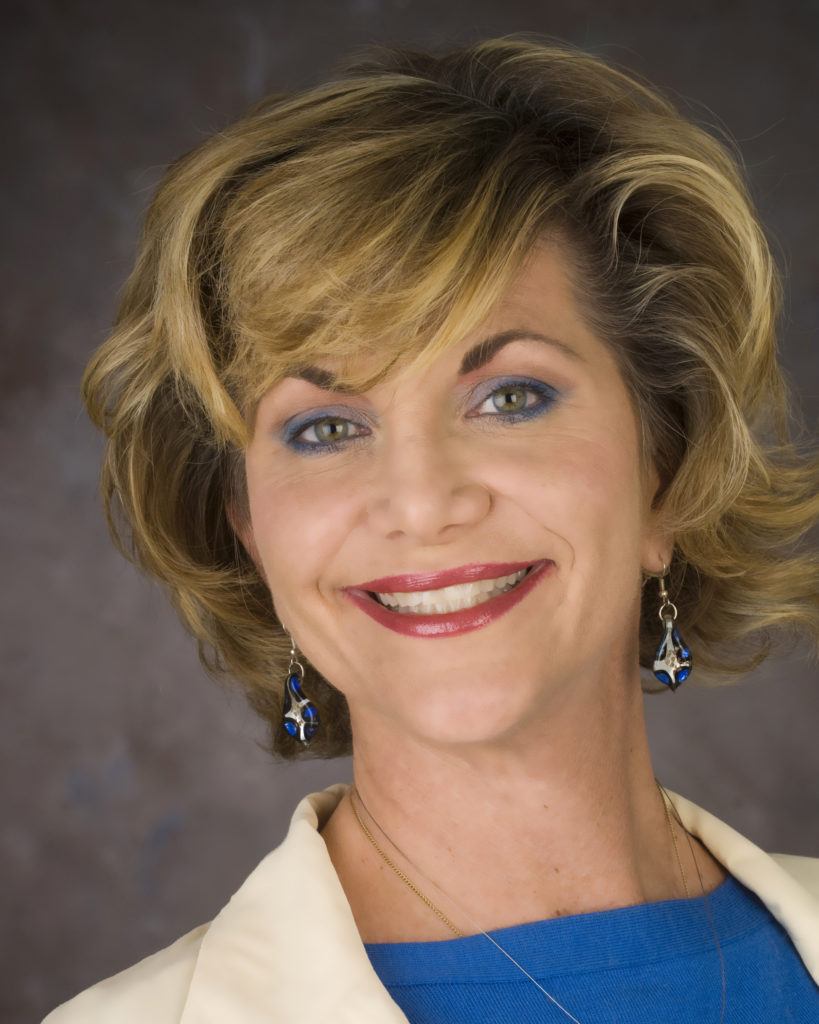
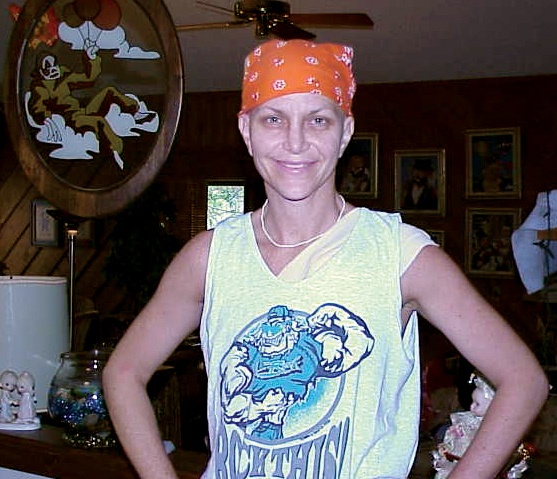
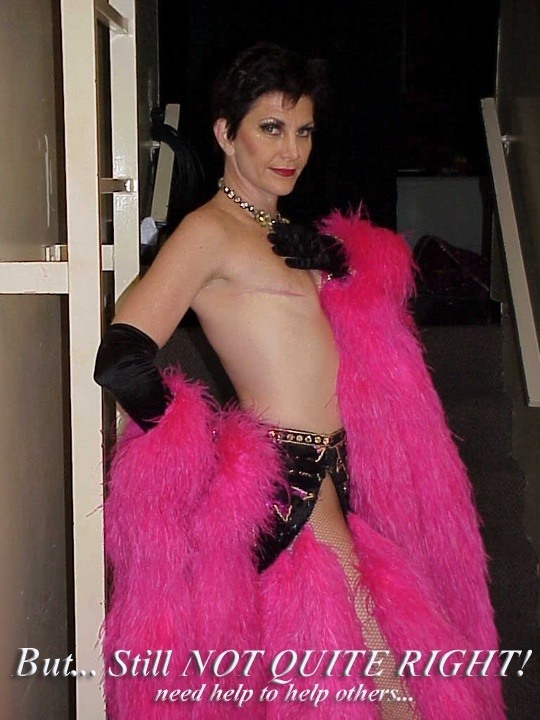
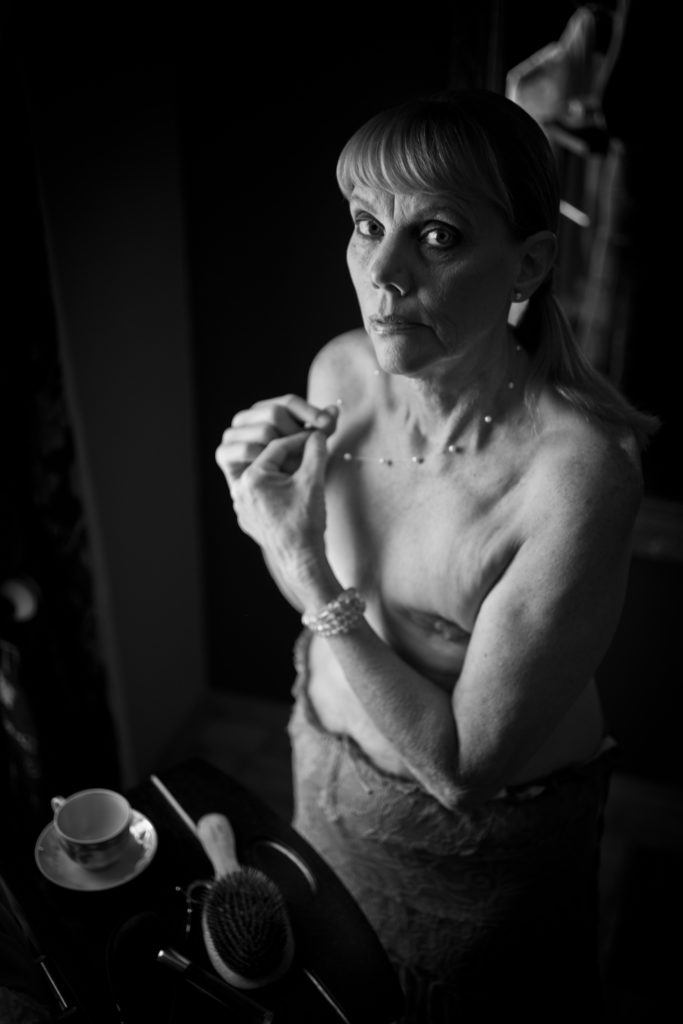
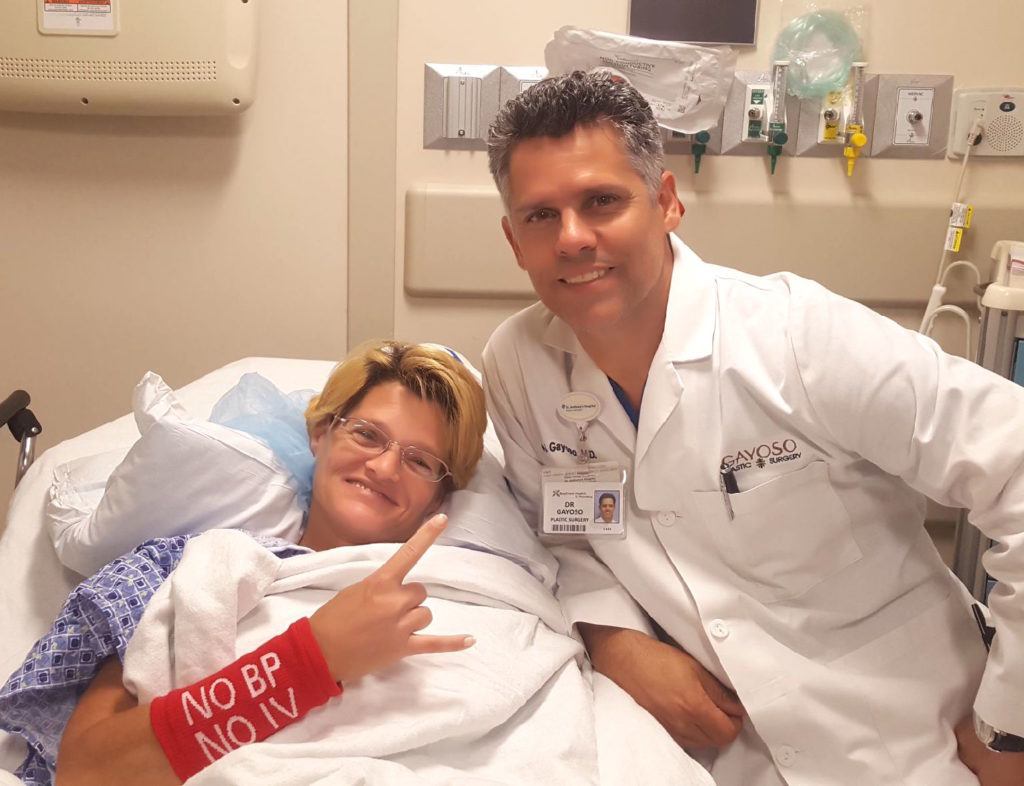
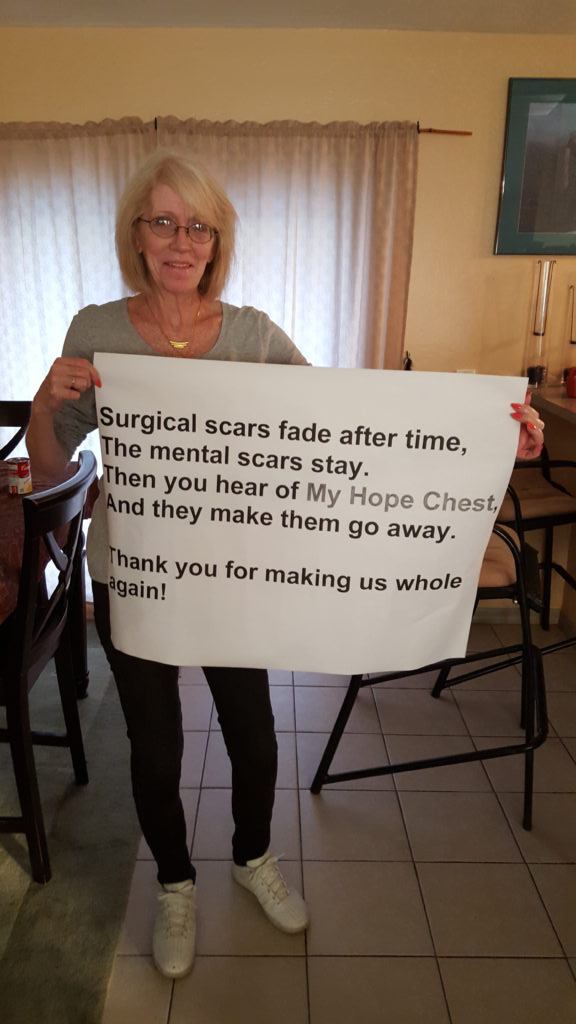
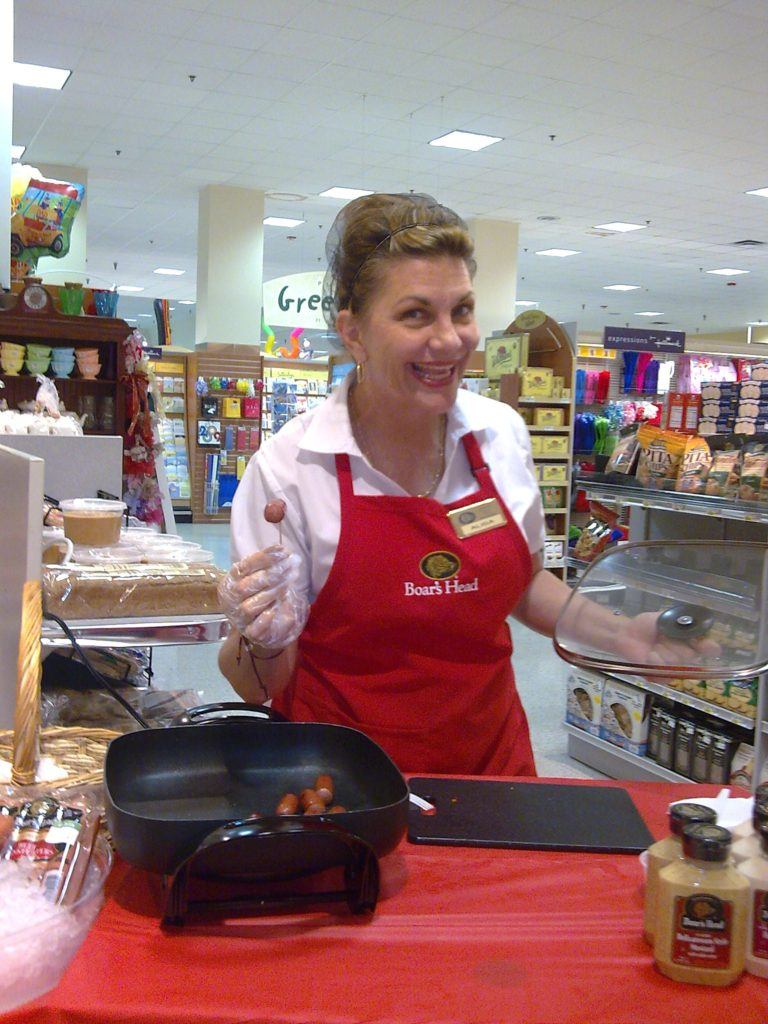
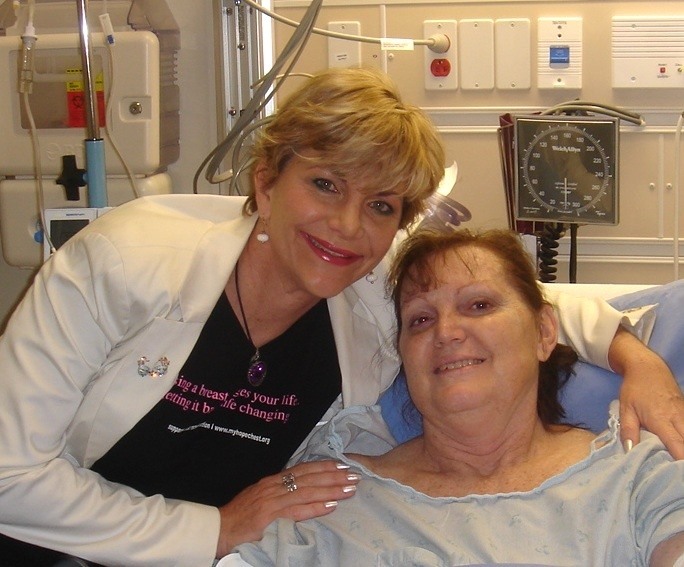

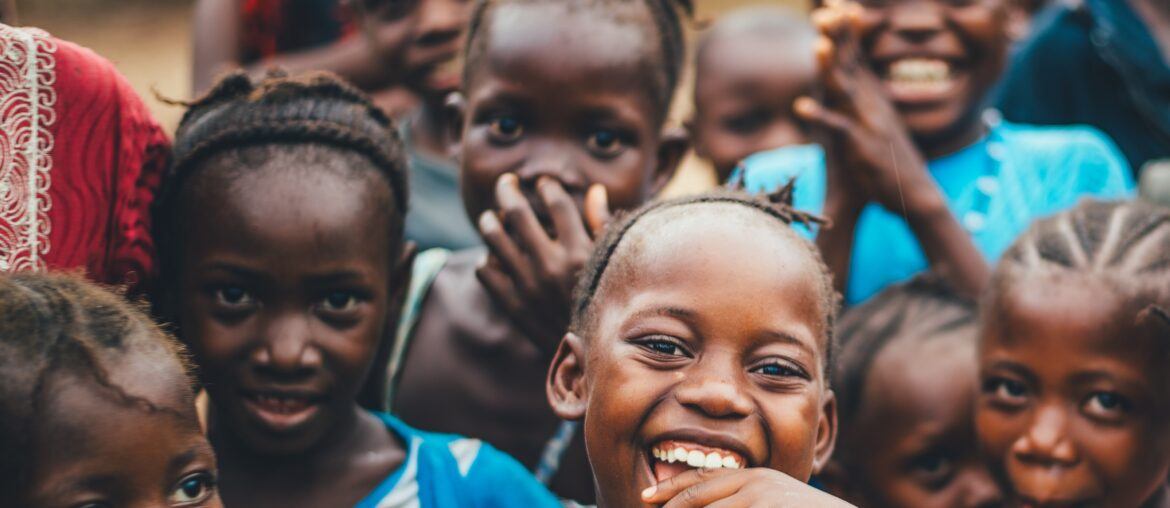
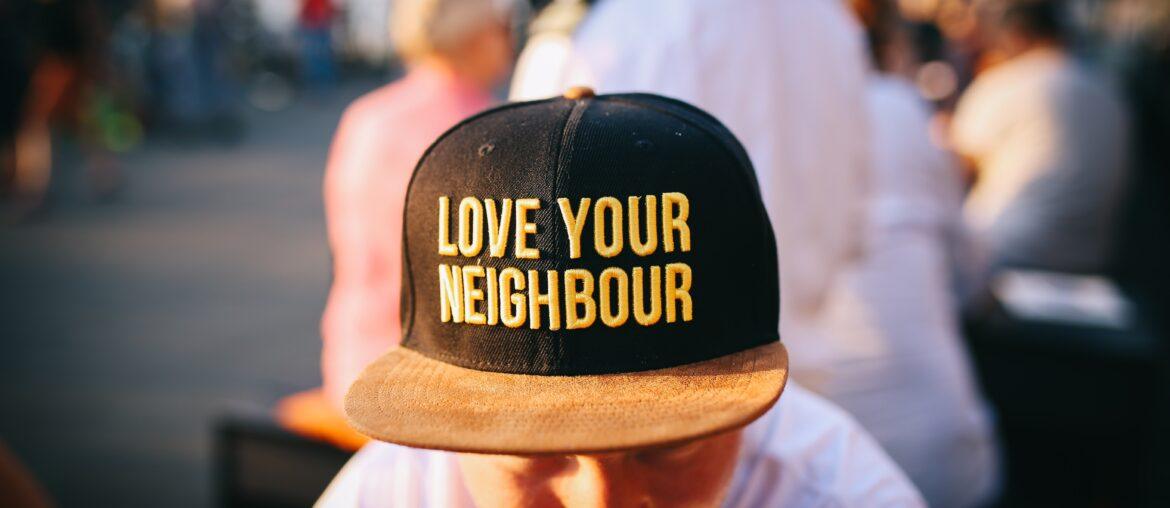
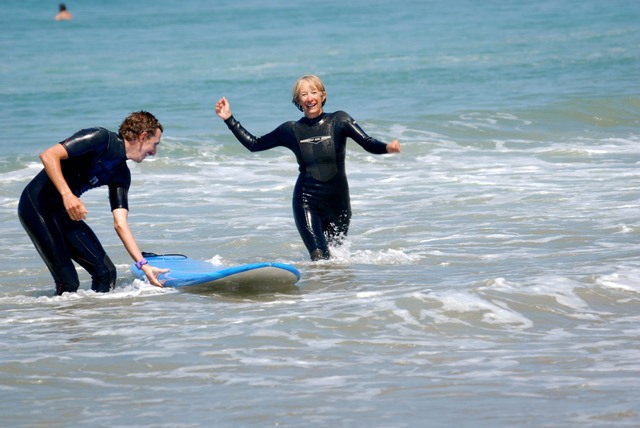
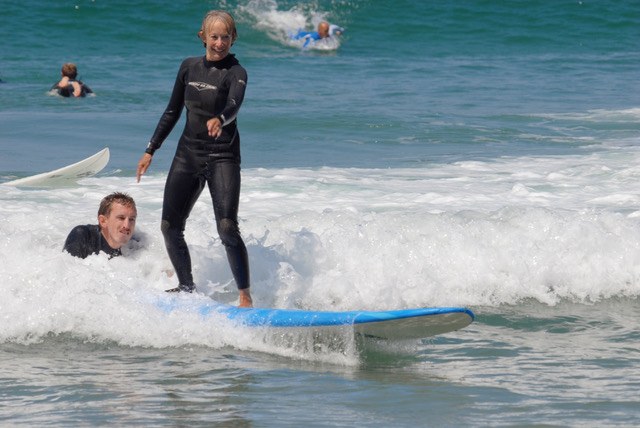
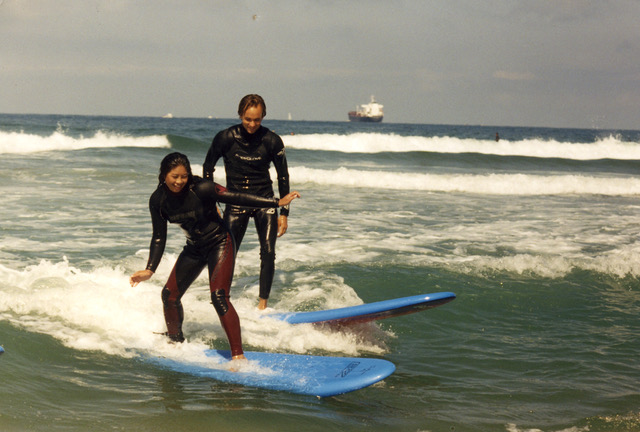
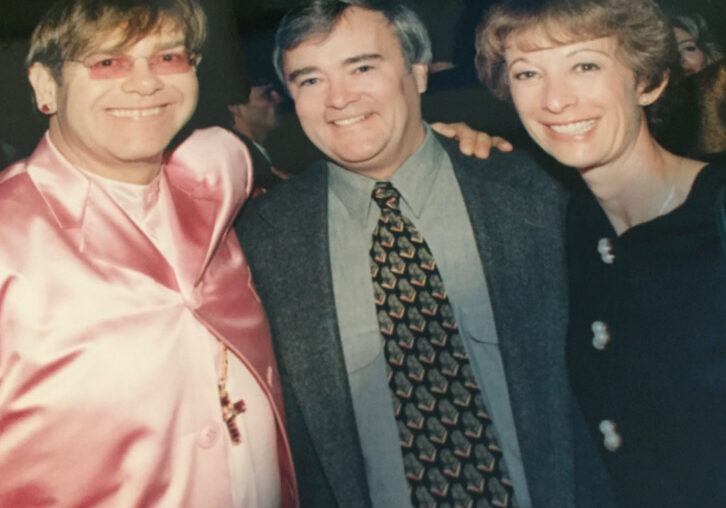
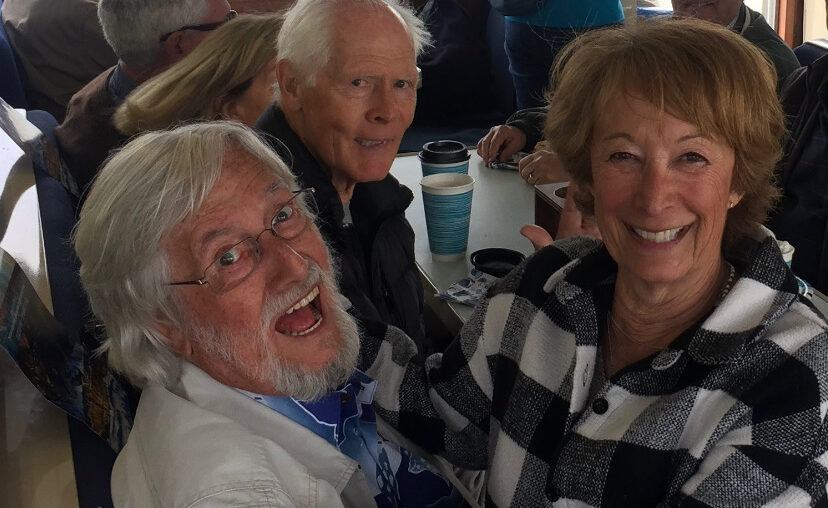
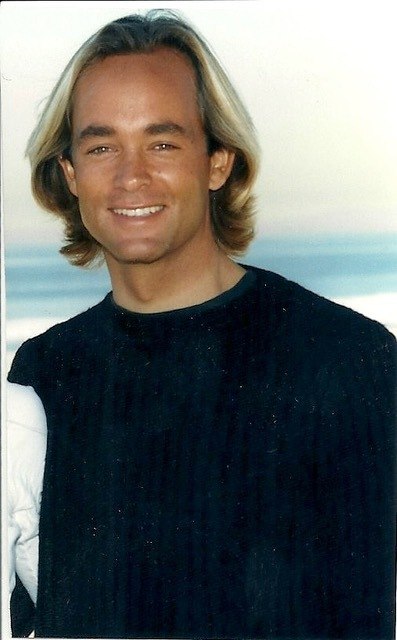
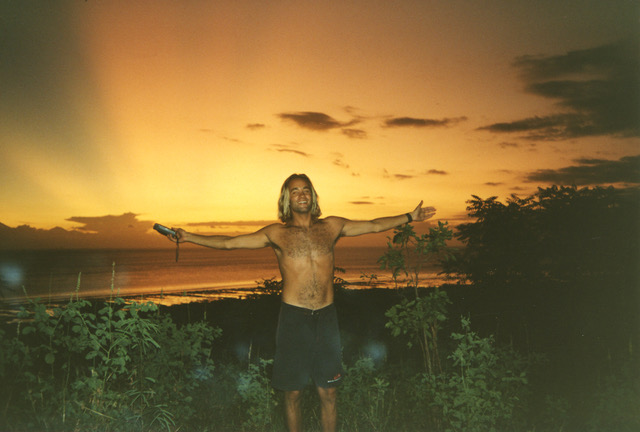

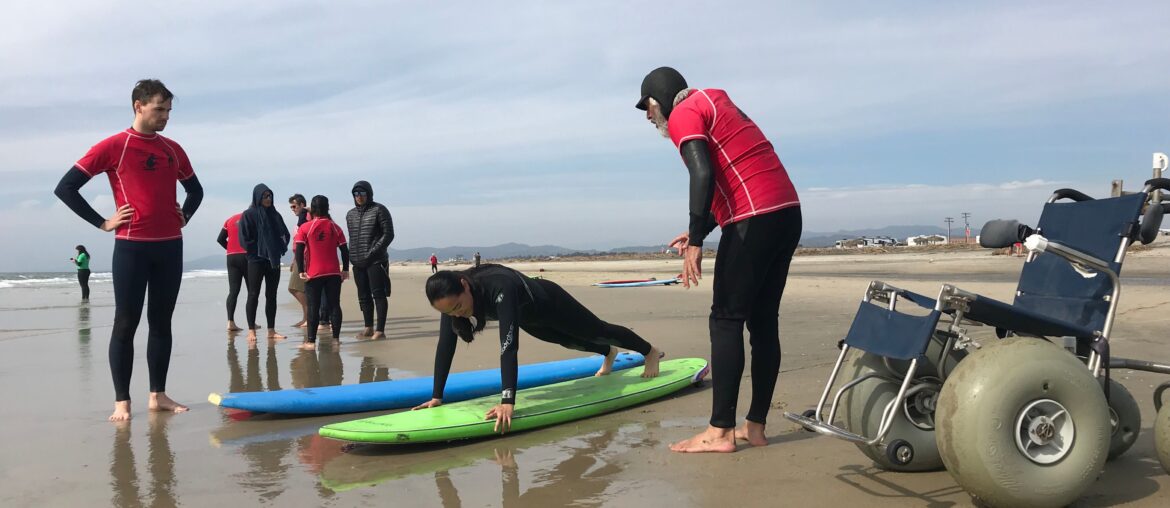
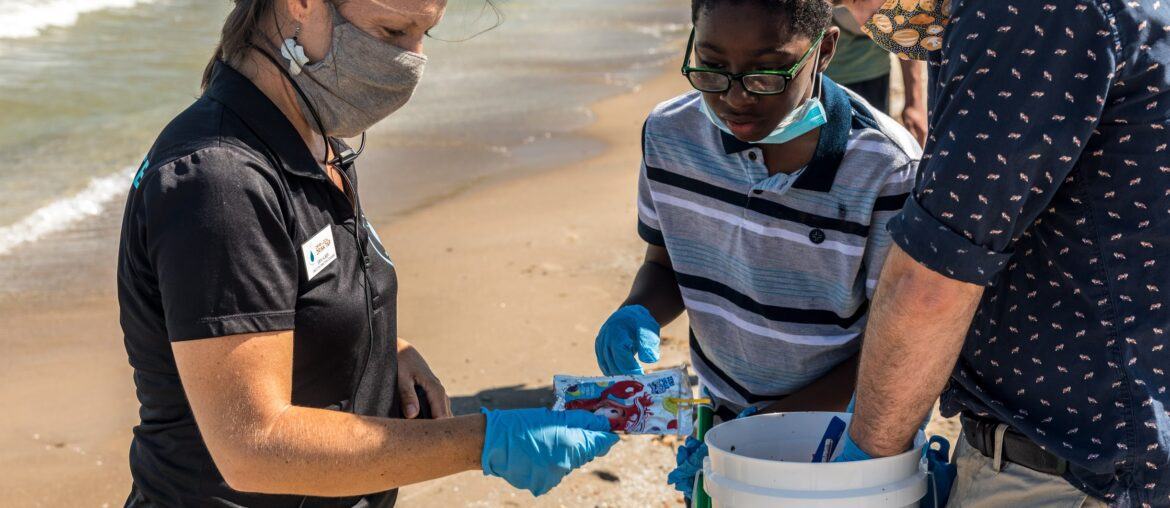
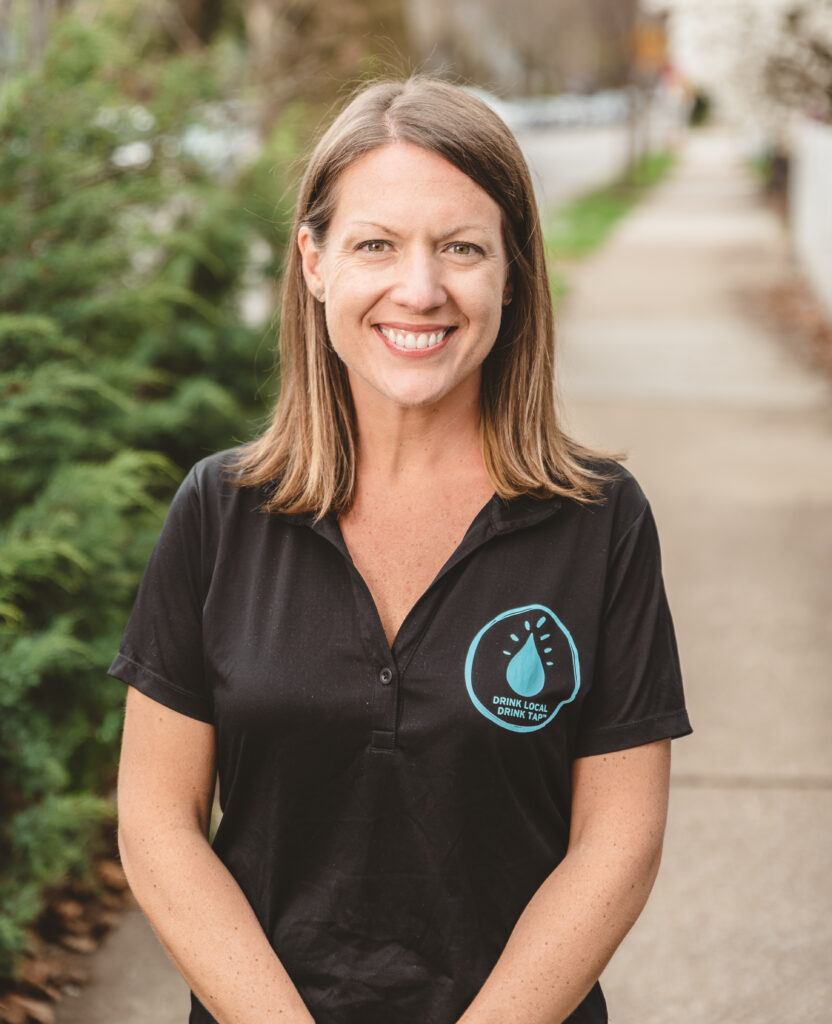
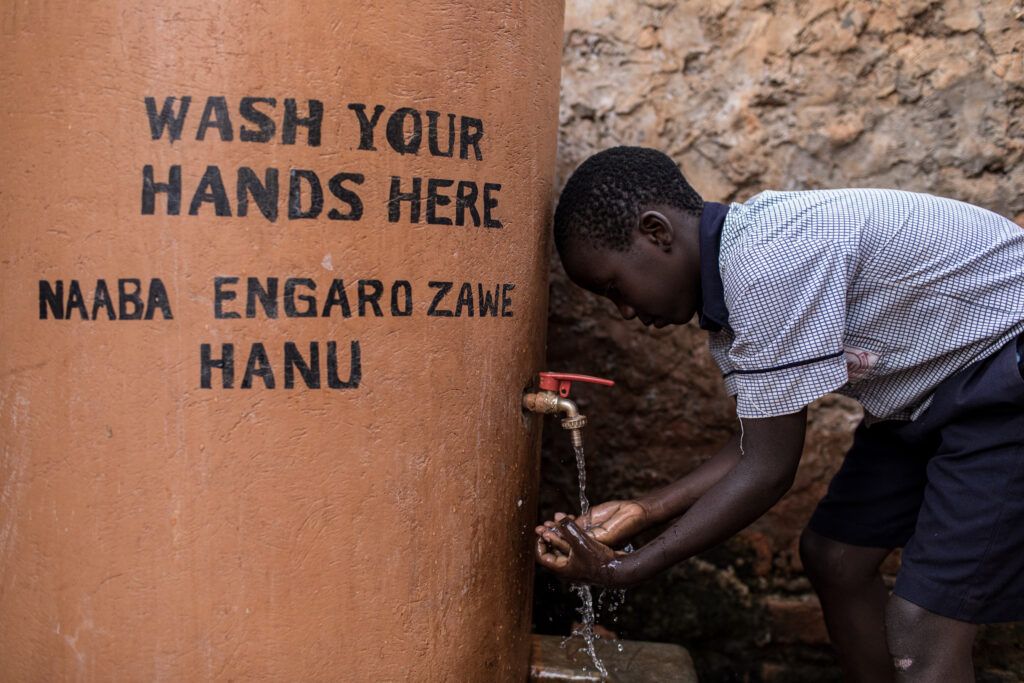
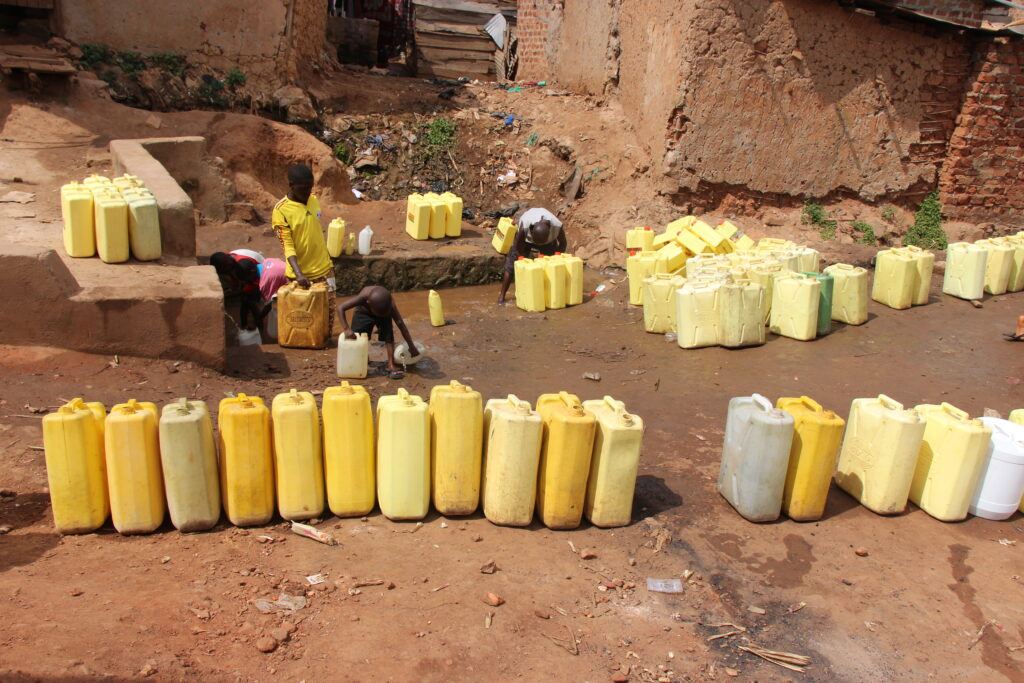
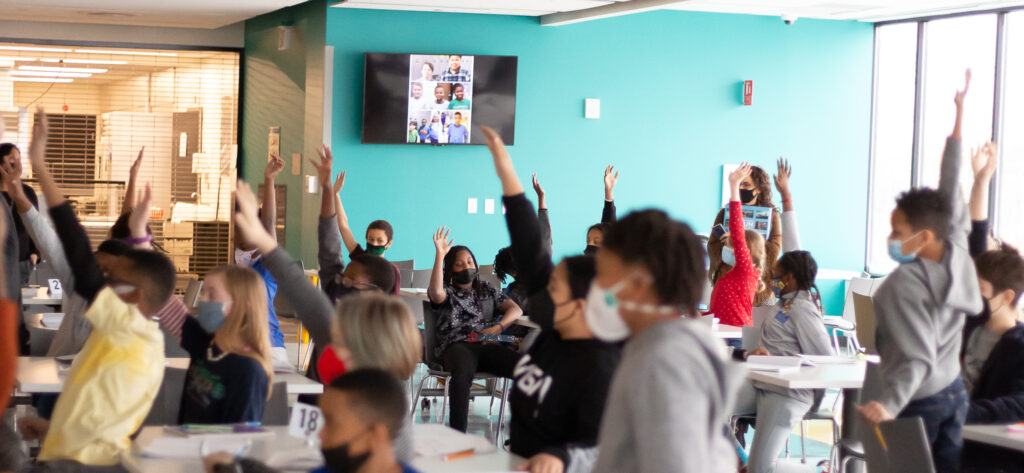
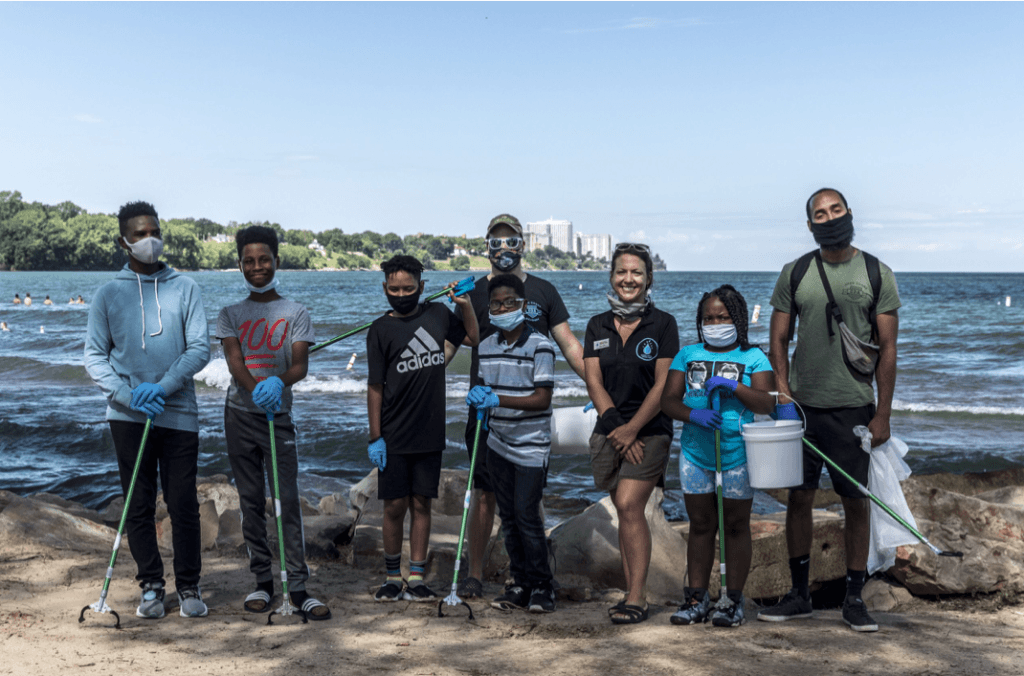
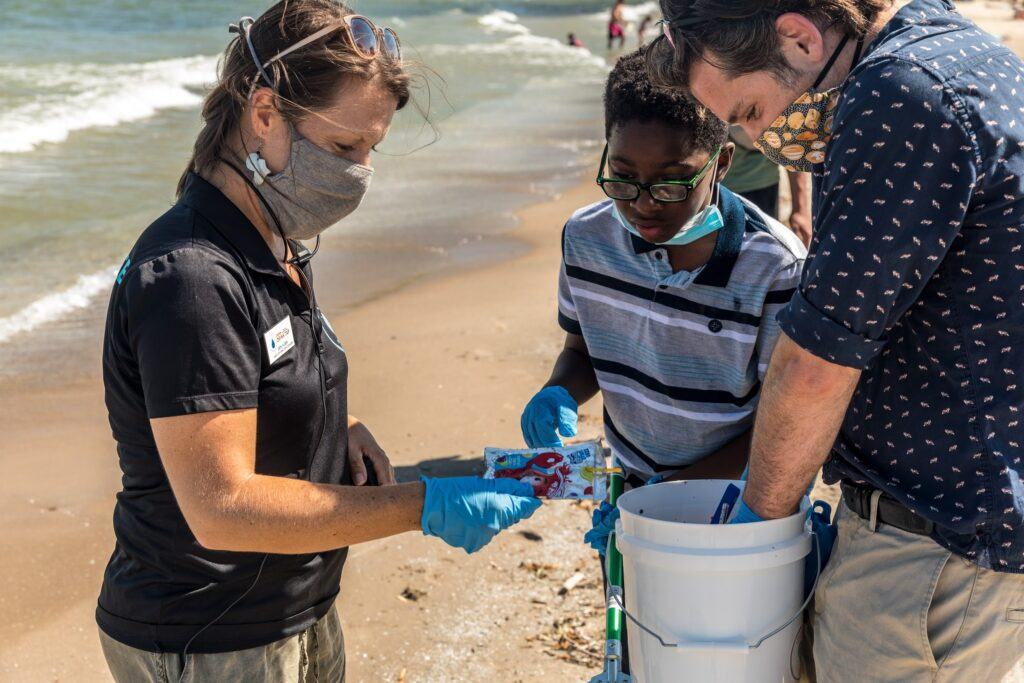
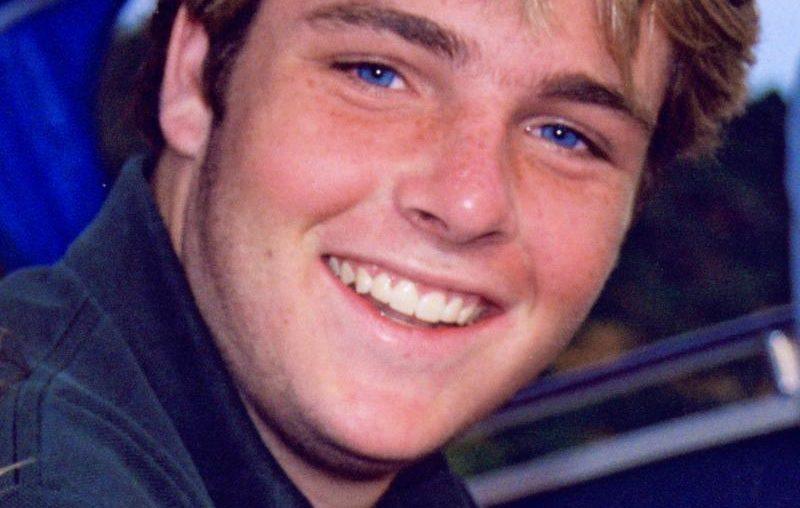

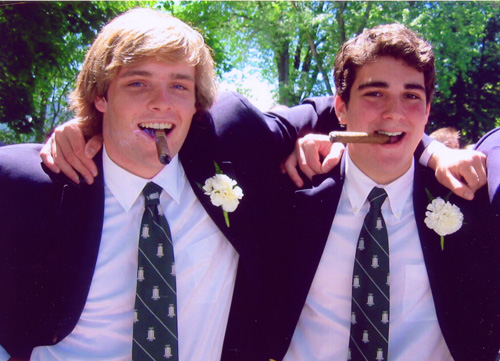
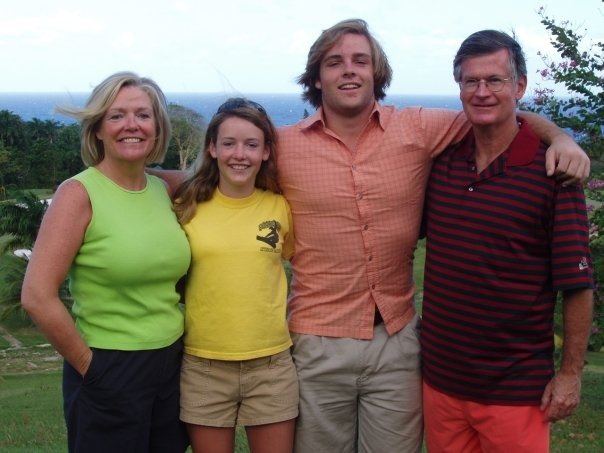
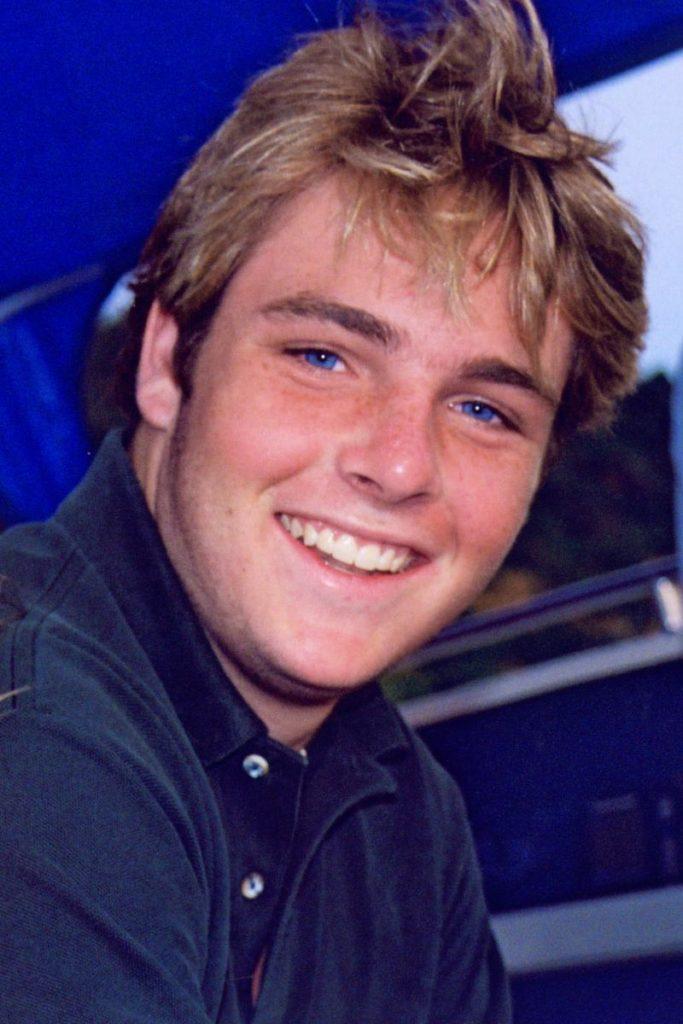
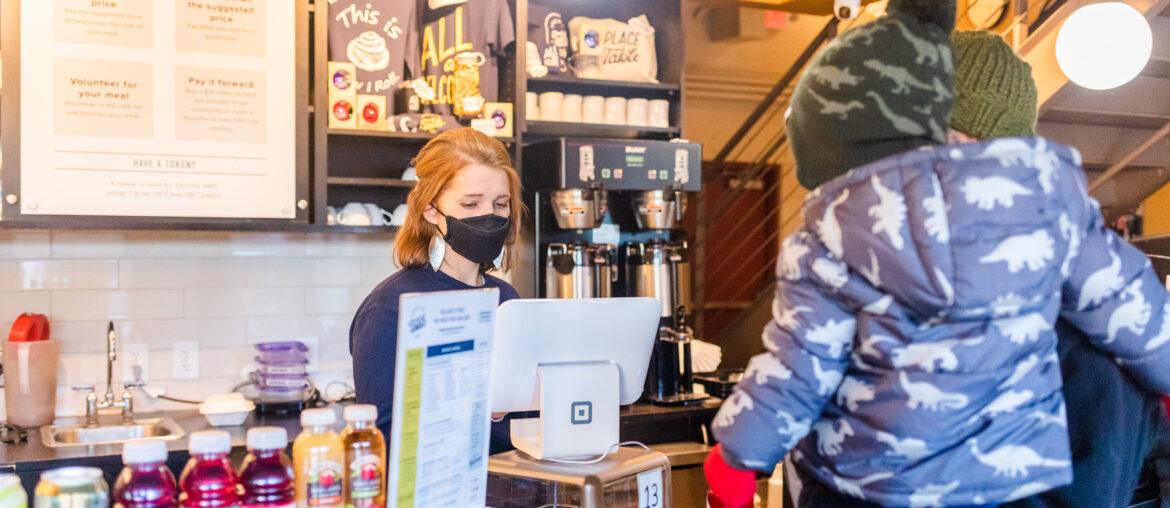
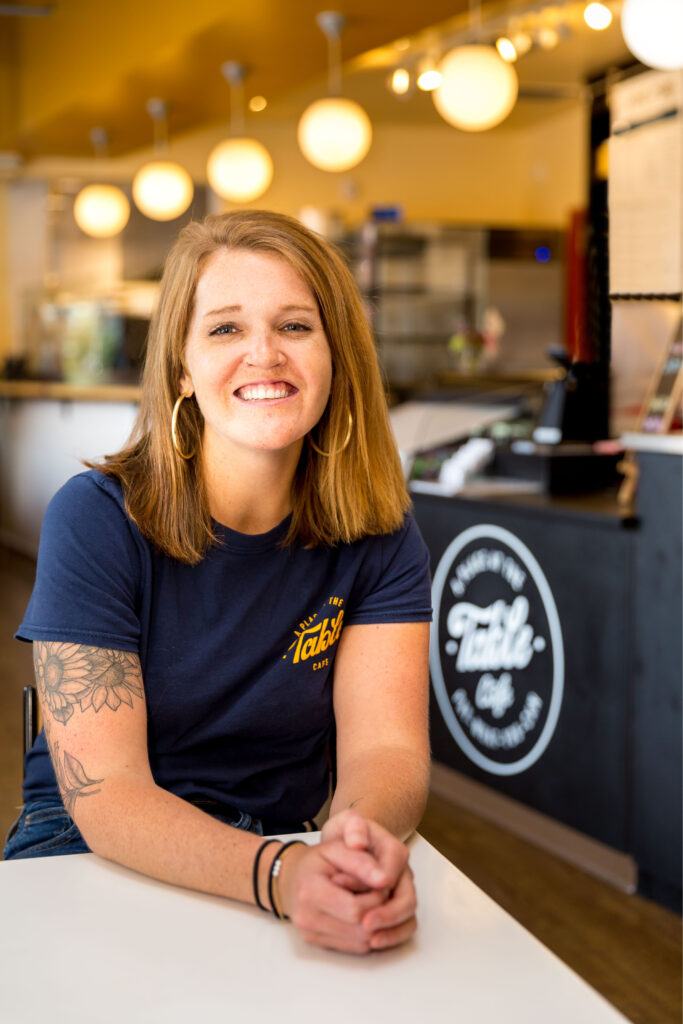
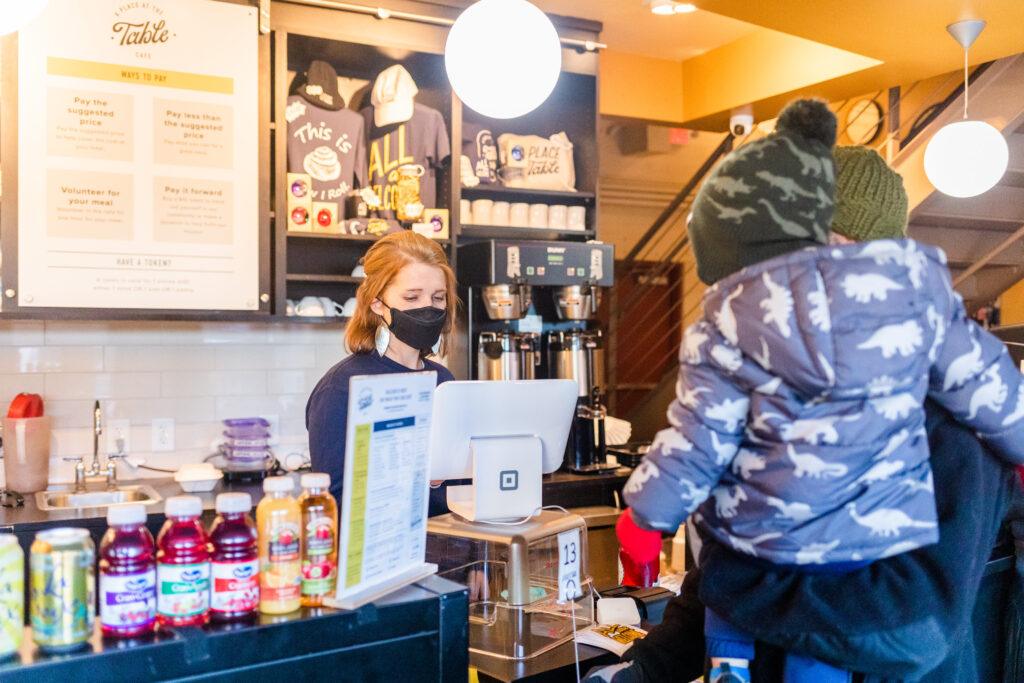
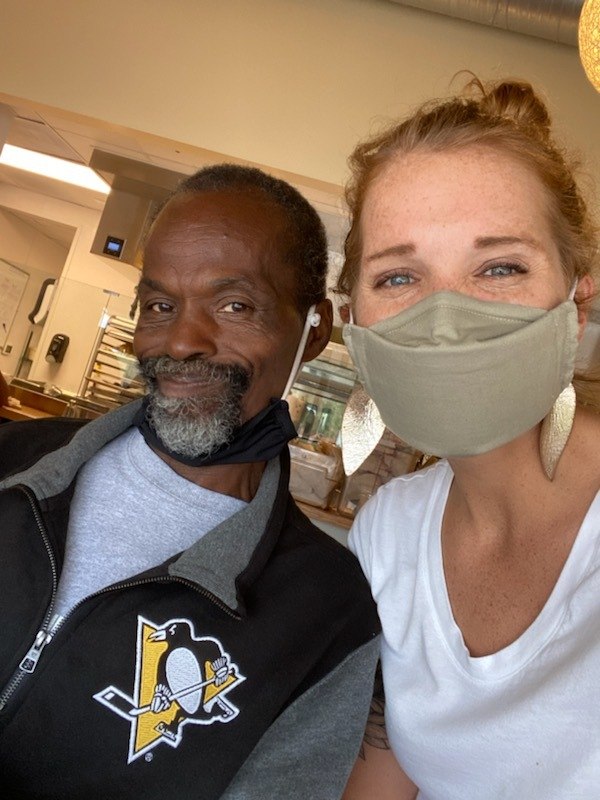
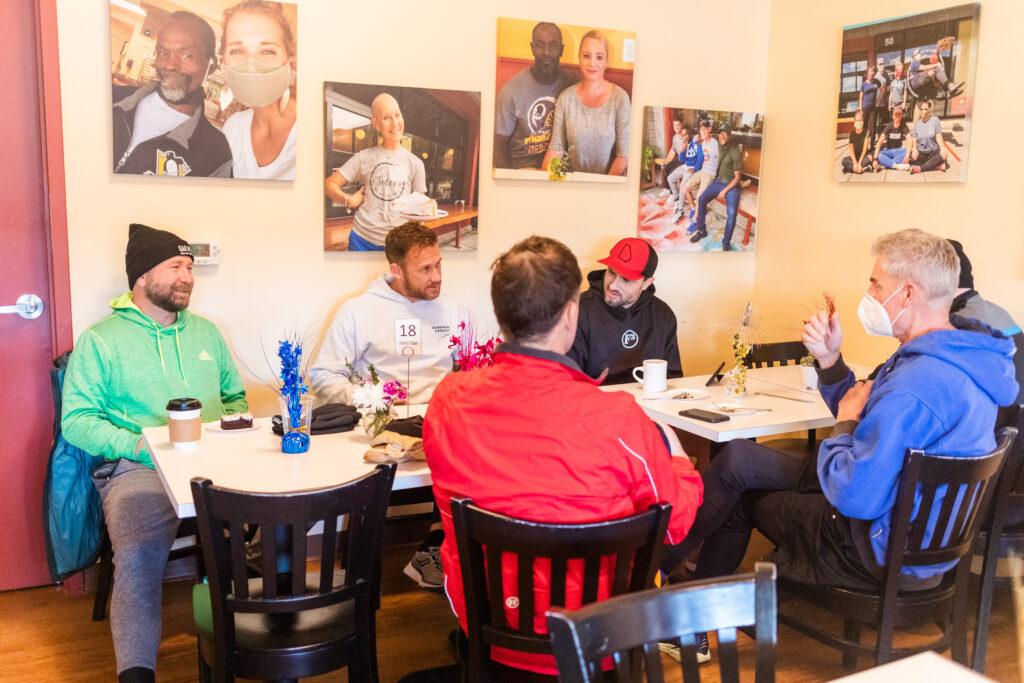
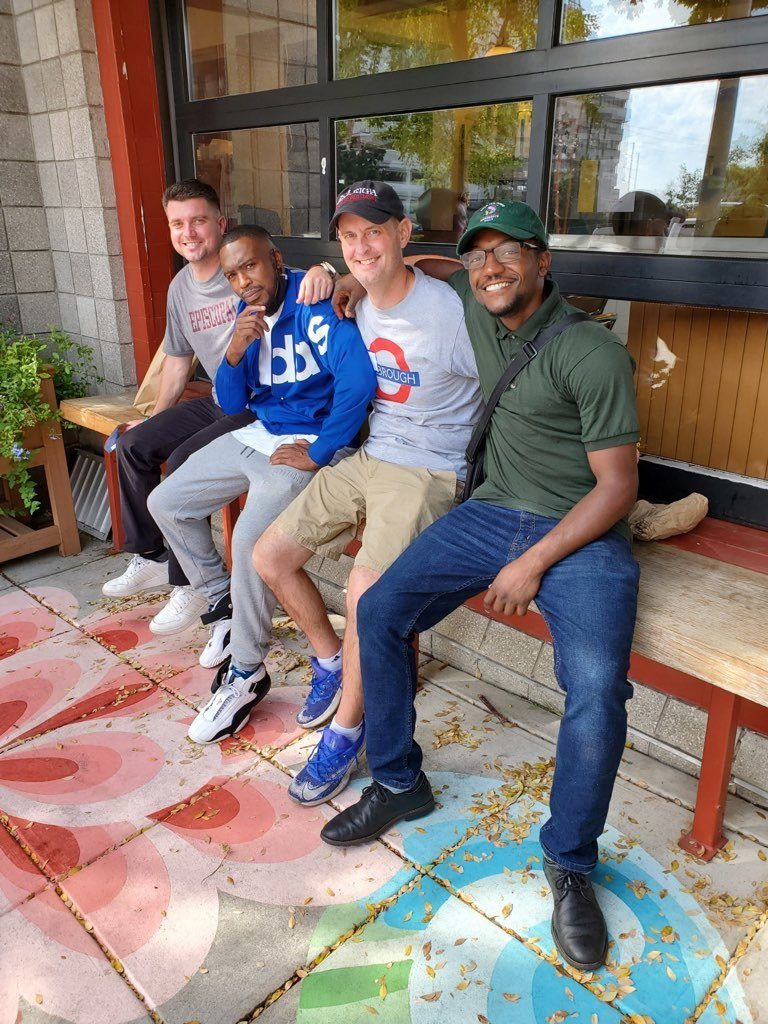 They all encouraged me and said this a fantastic job and this is what the community needs. So, I definitely think people people is one. And then I think also, it’s people who aren’t going to eat tomorrow. It was knowing their stories, sitting with them, hearing him. It’s those relationships. I feel like I’m the luckiest person, I said this before but I have the best job.
They all encouraged me and said this a fantastic job and this is what the community needs. So, I definitely think people people is one. And then I think also, it’s people who aren’t going to eat tomorrow. It was knowing their stories, sitting with them, hearing him. It’s those relationships. I feel like I’m the luckiest person, I said this before but I have the best job. 